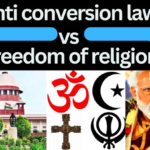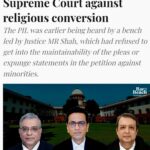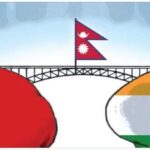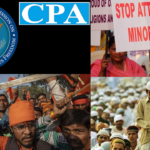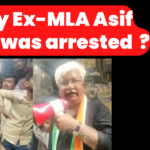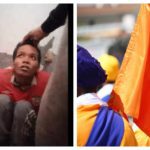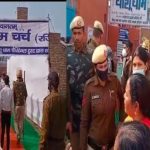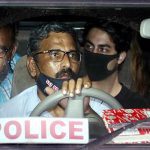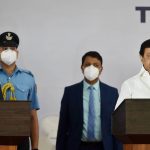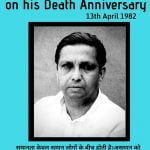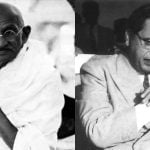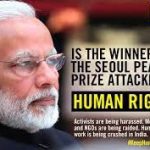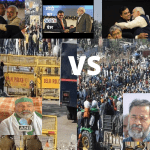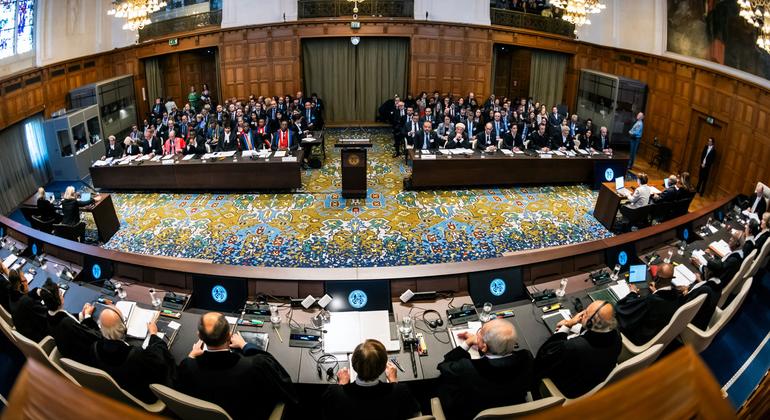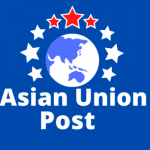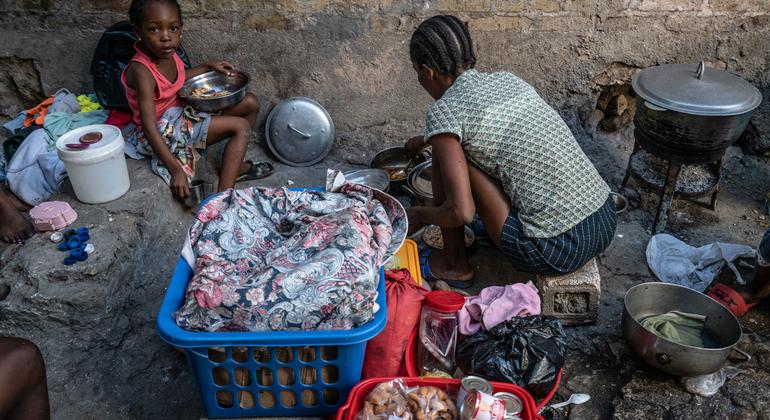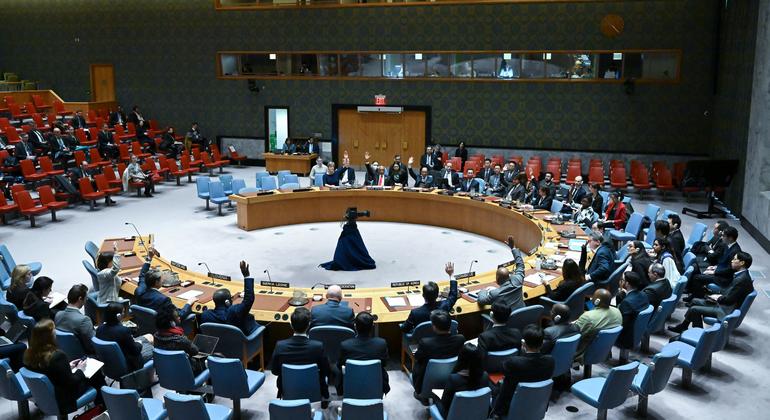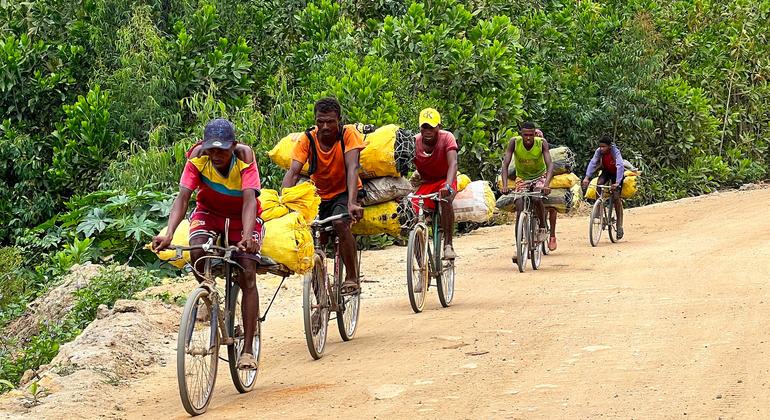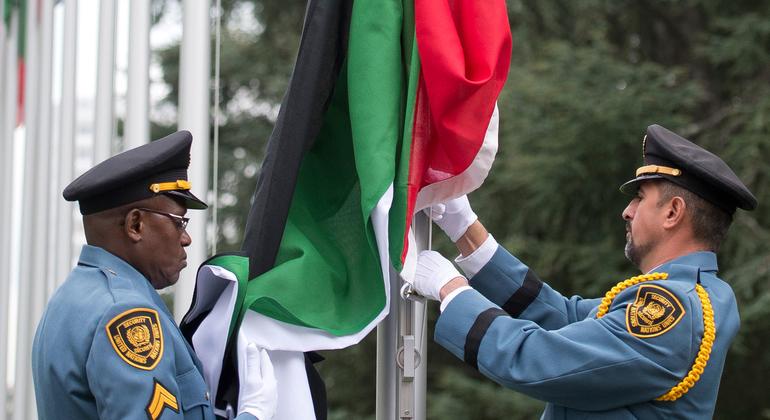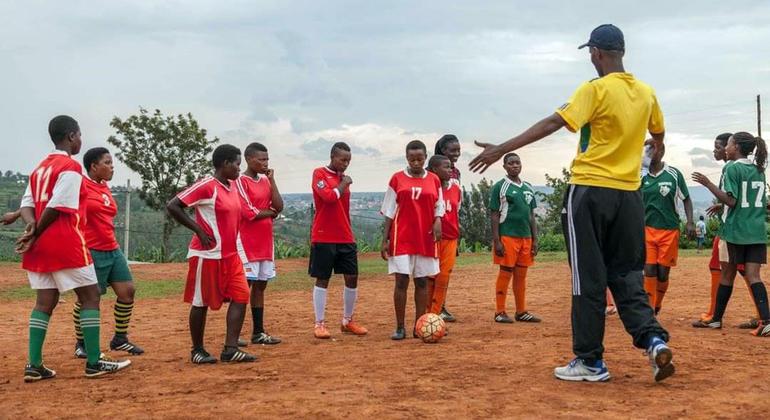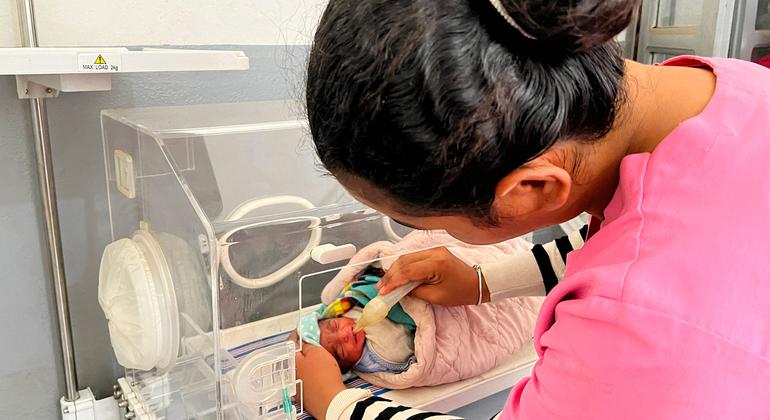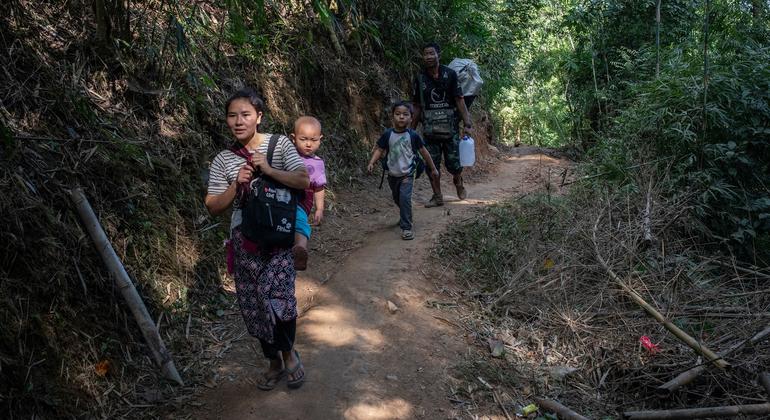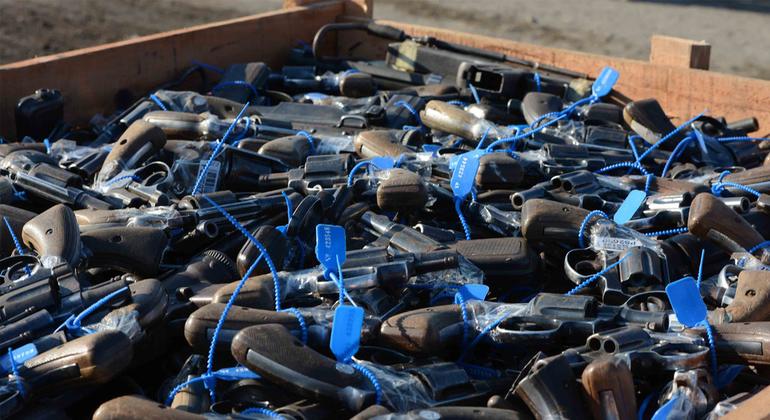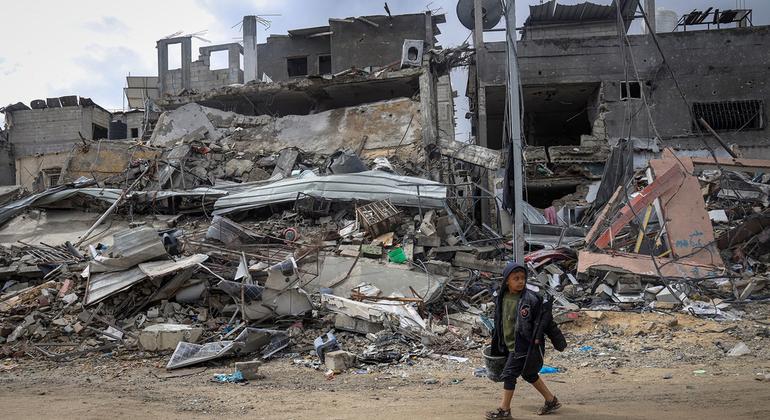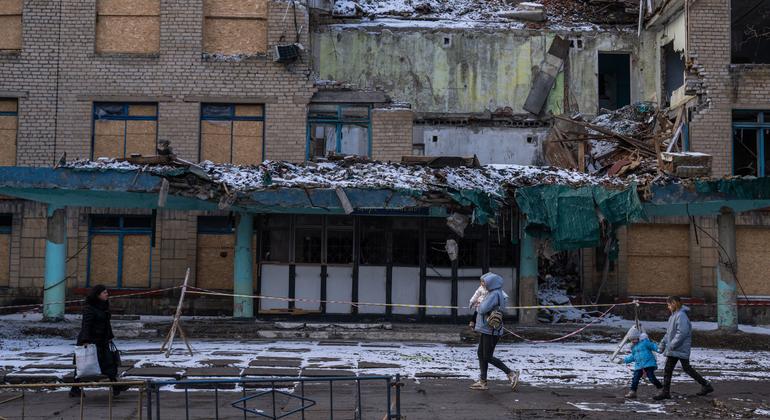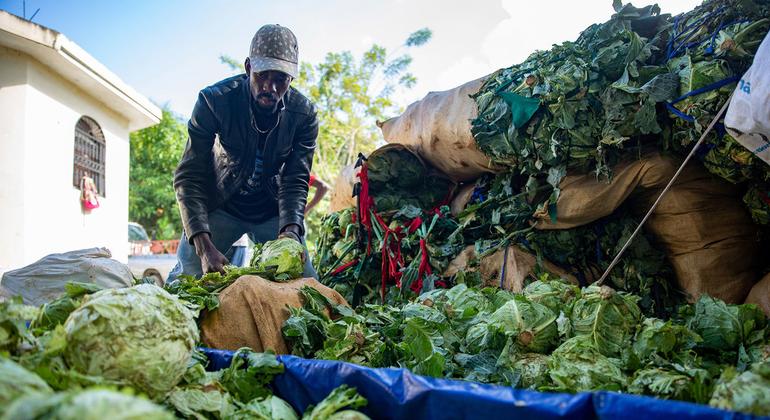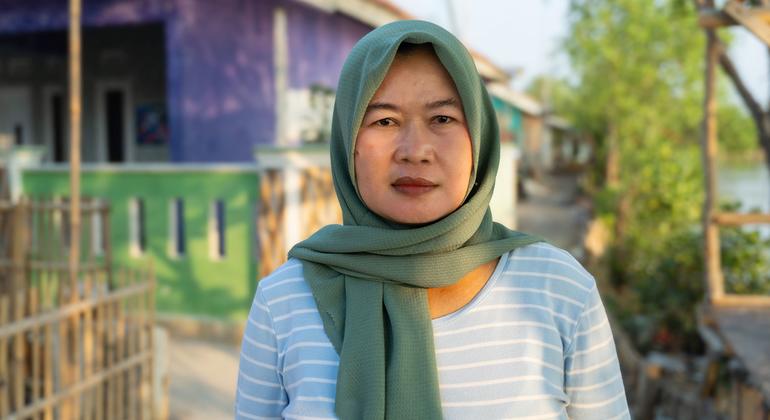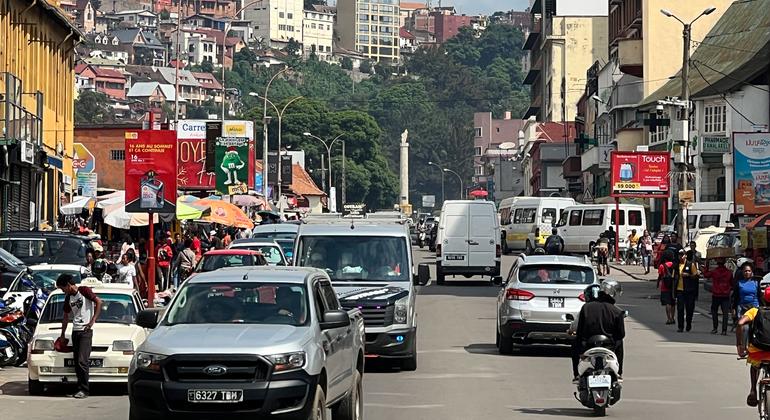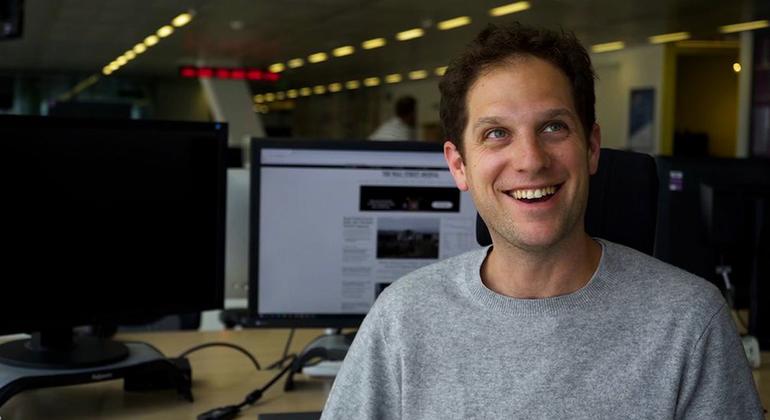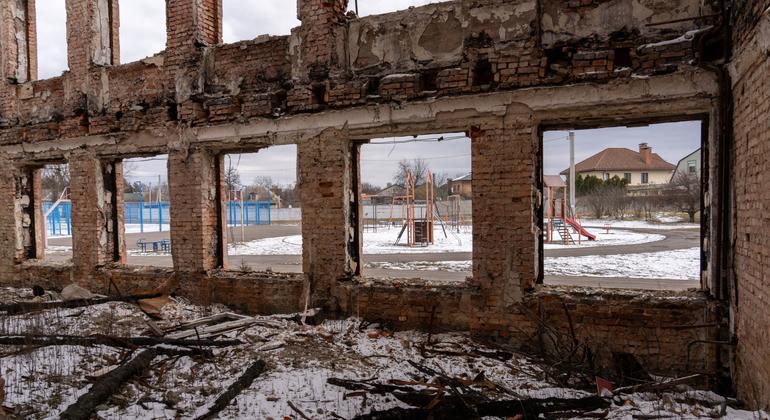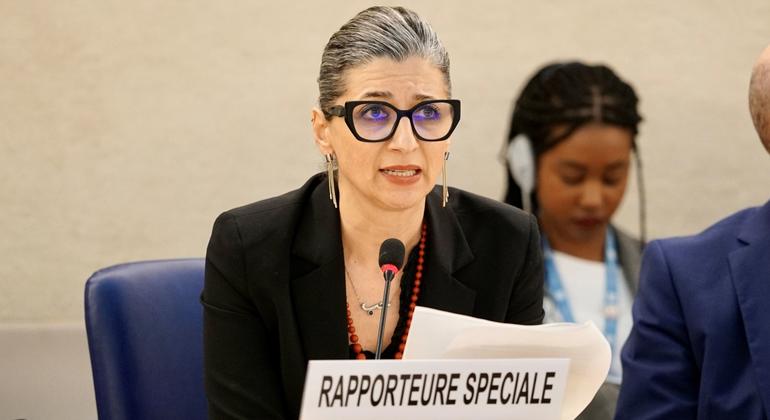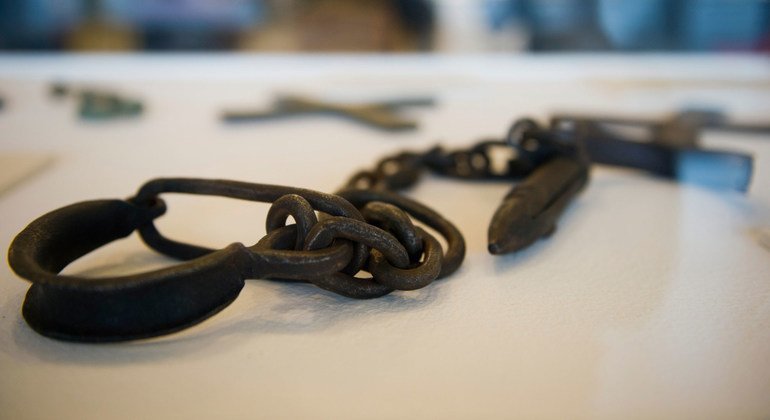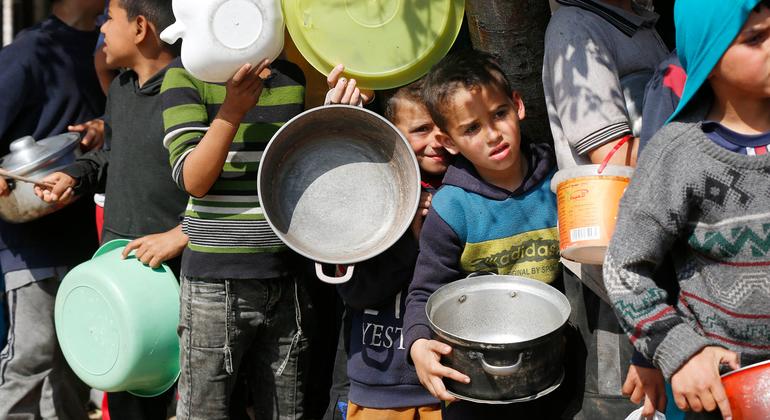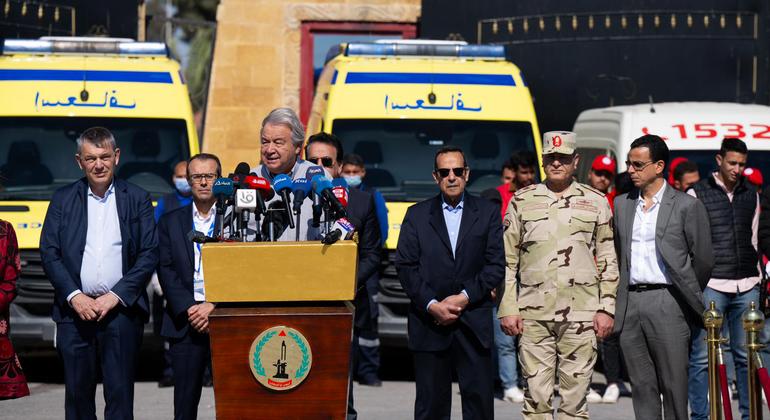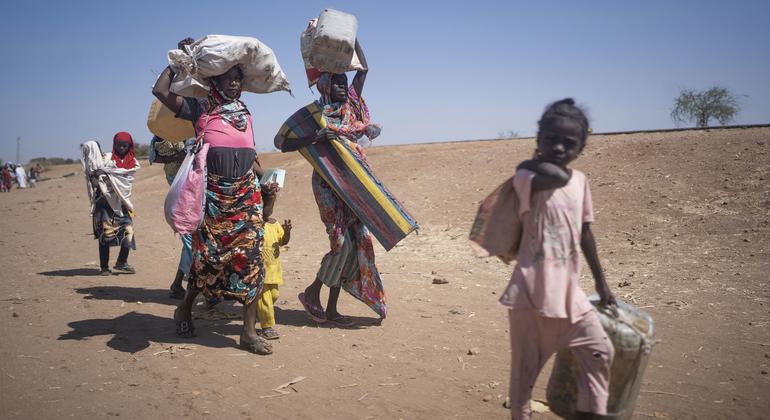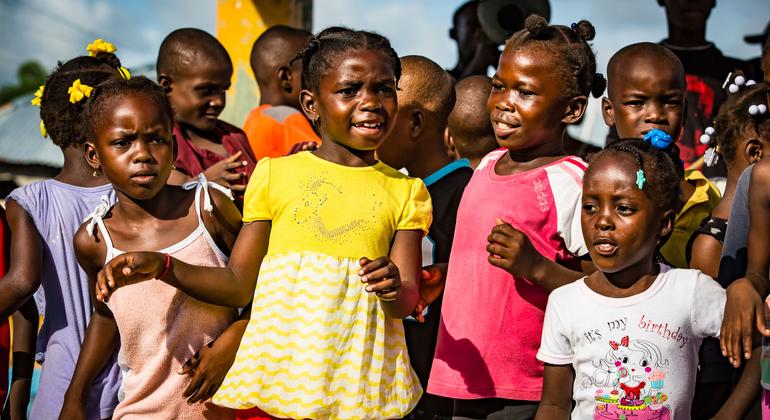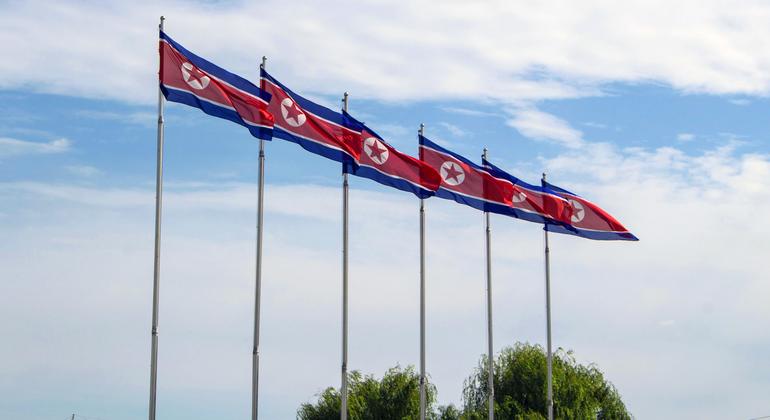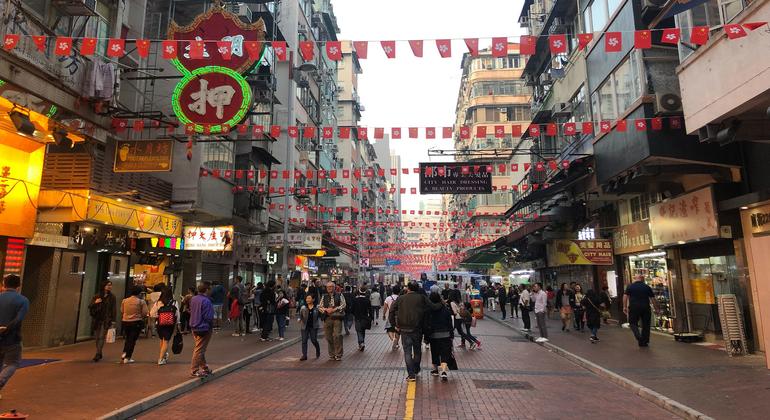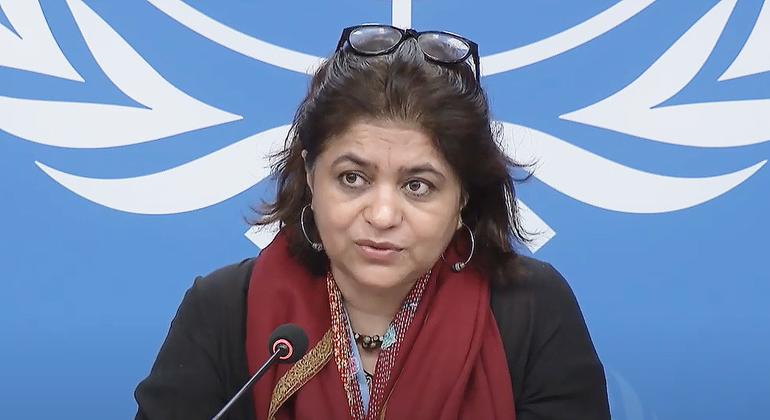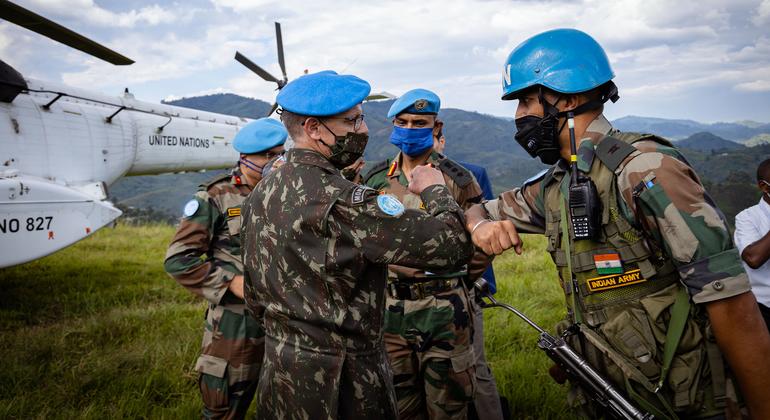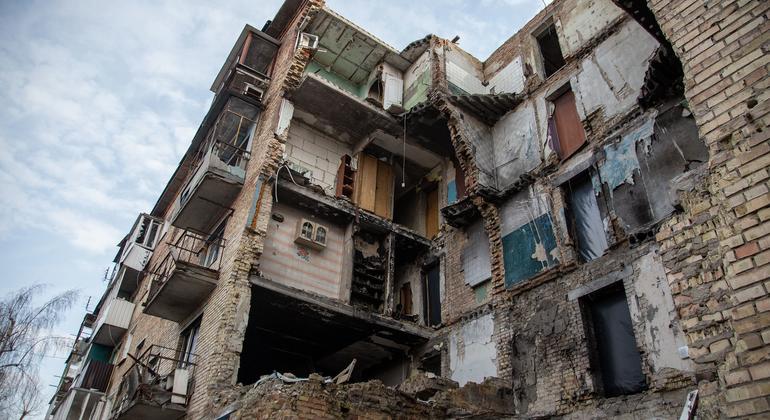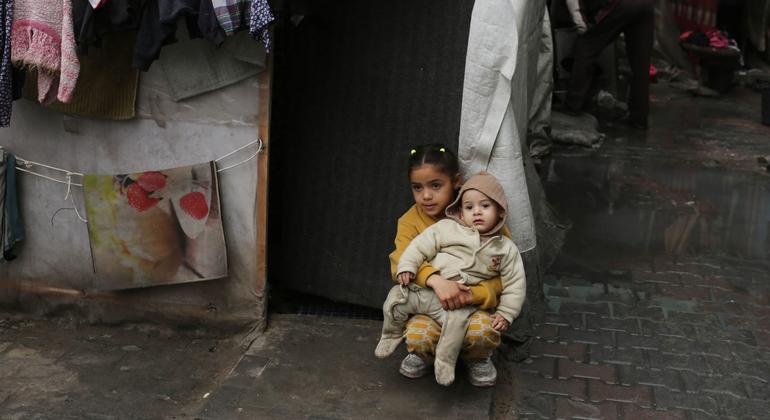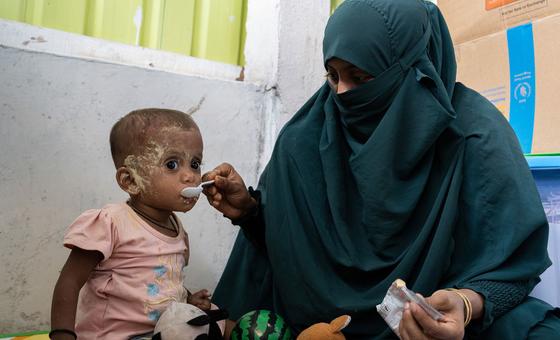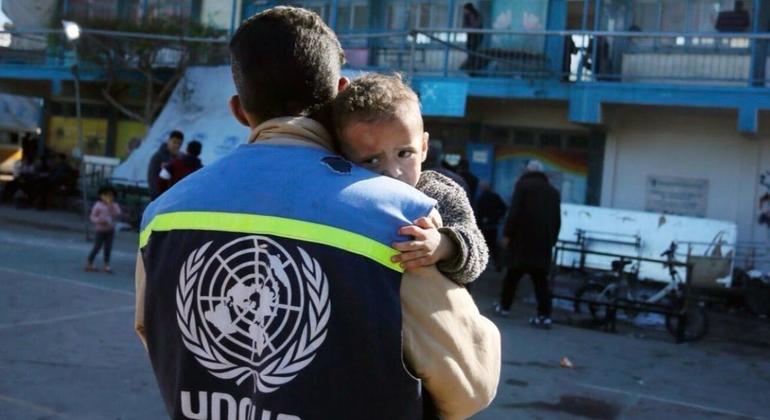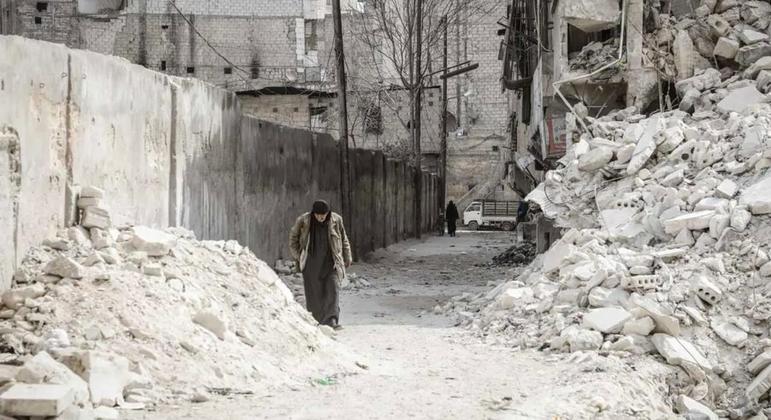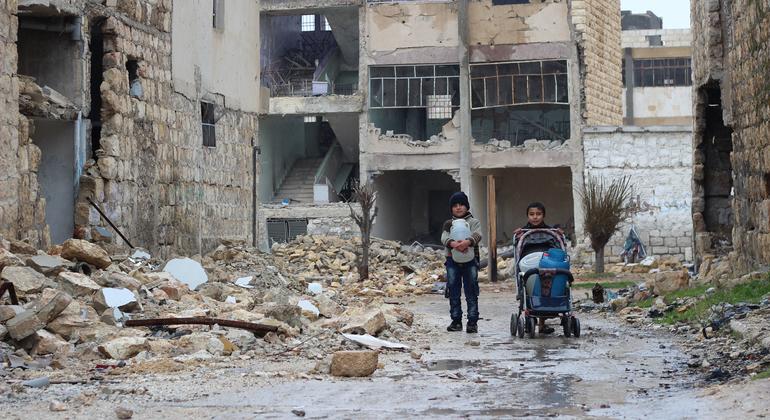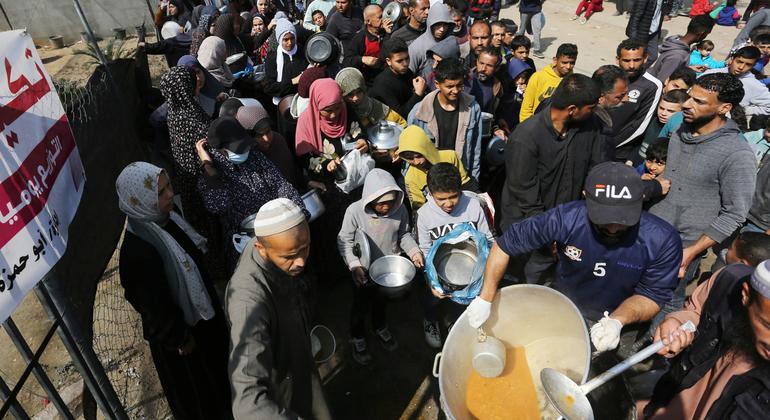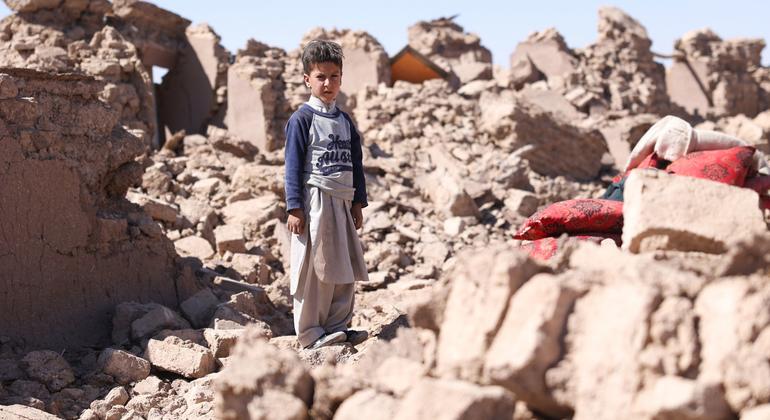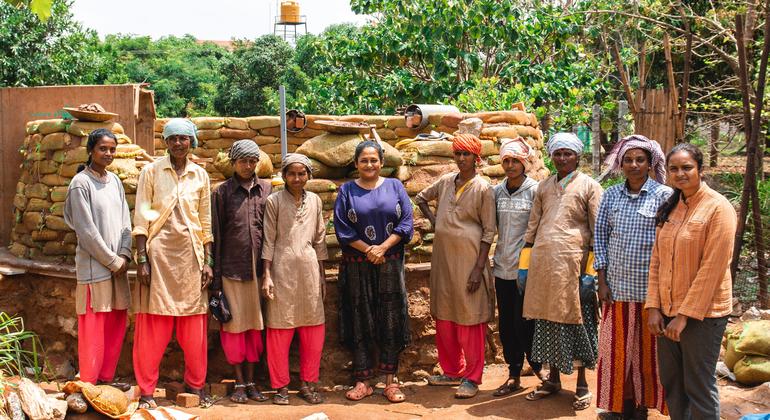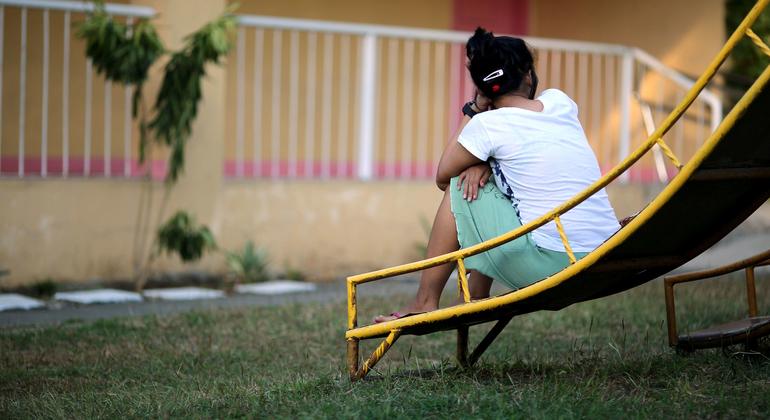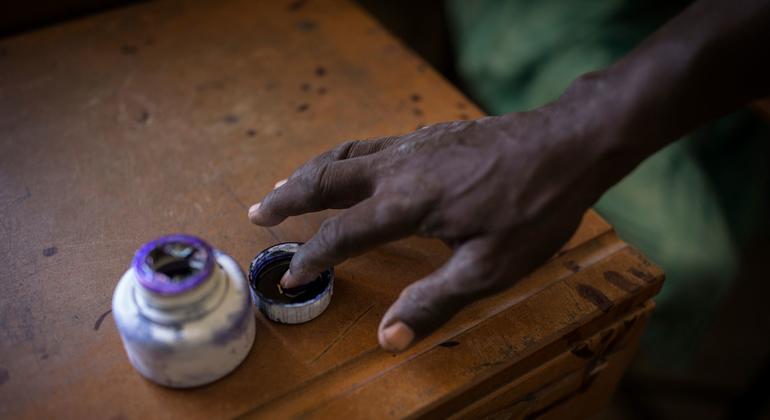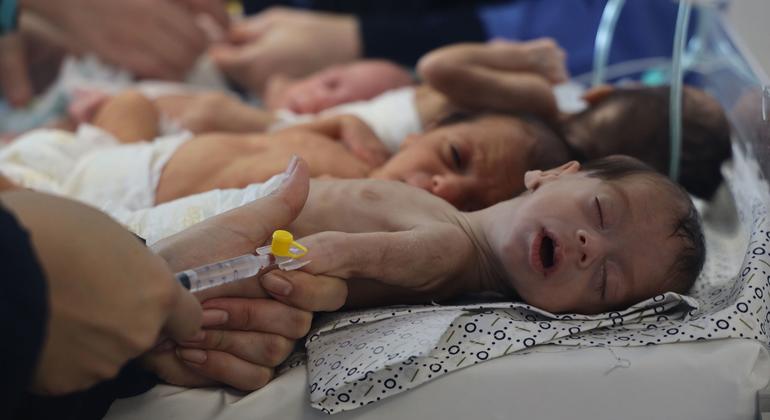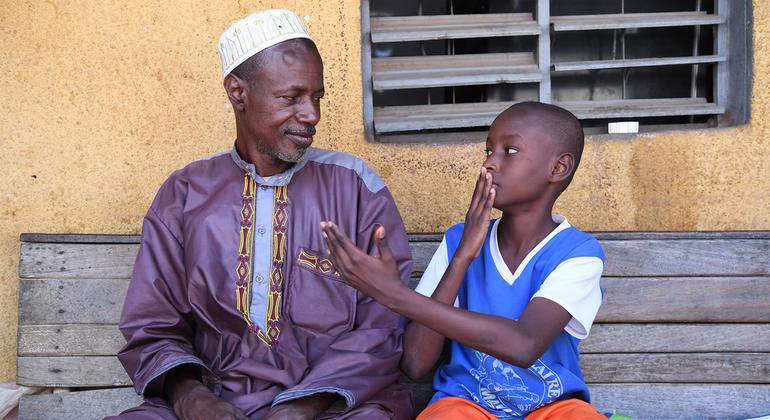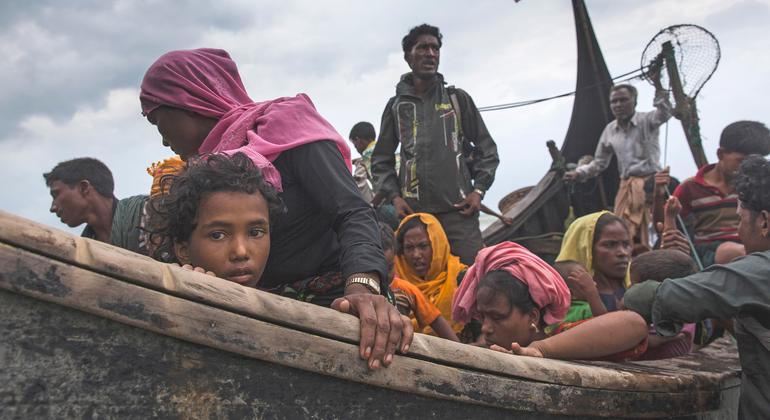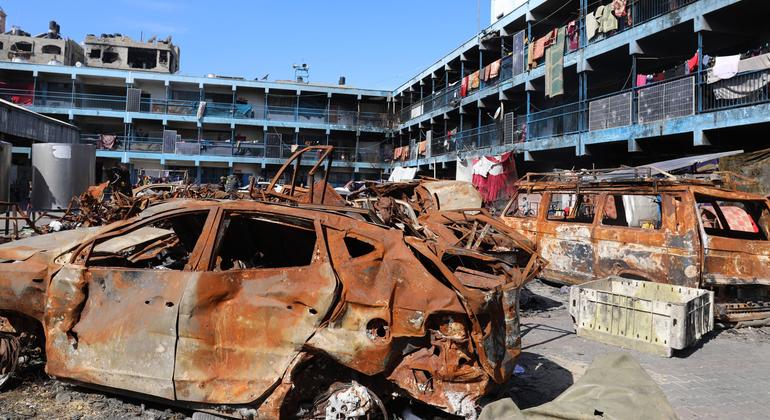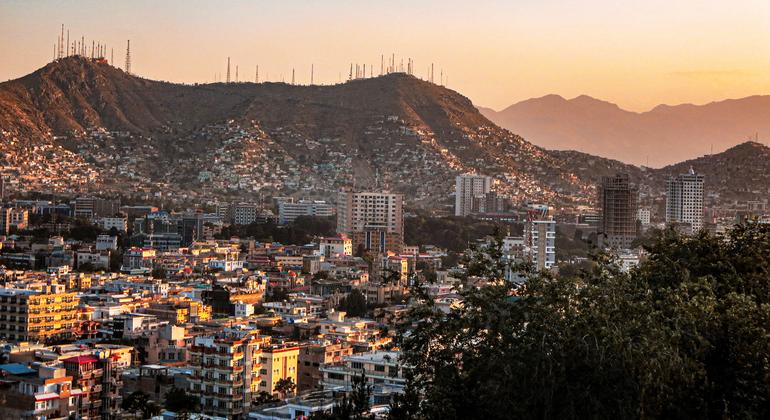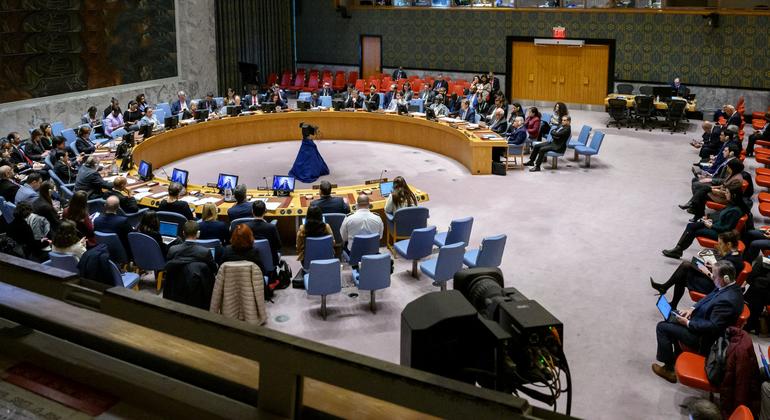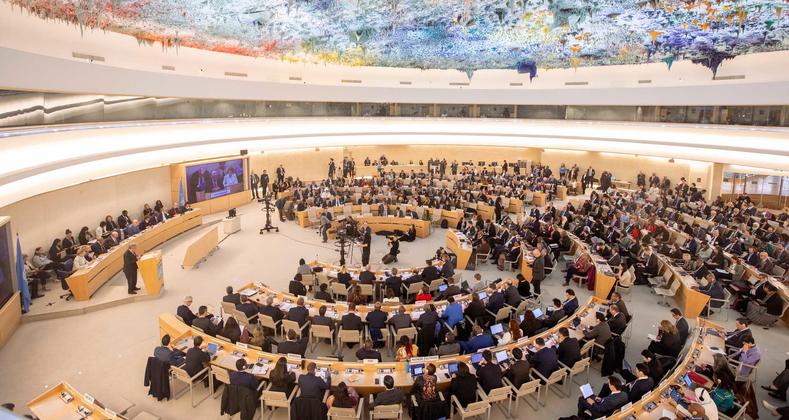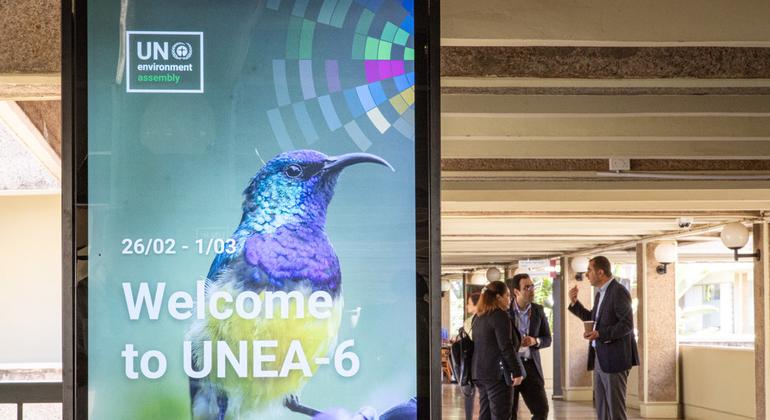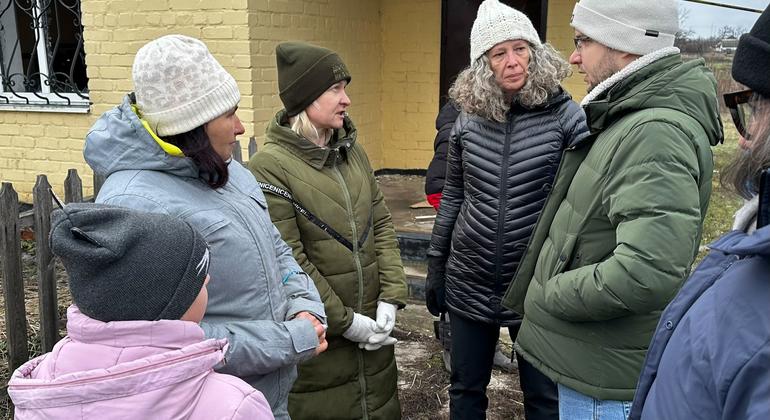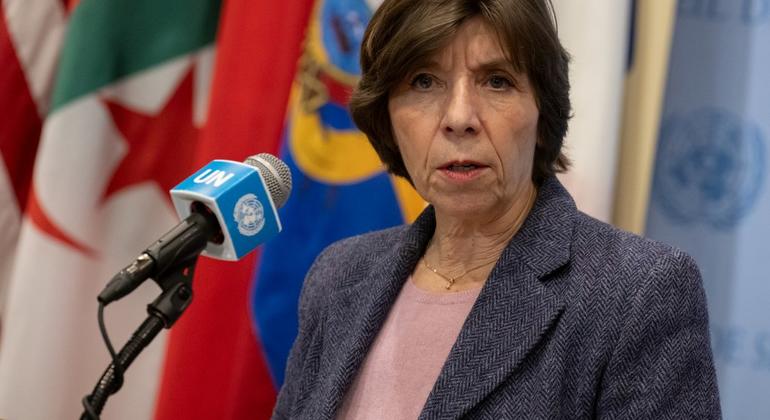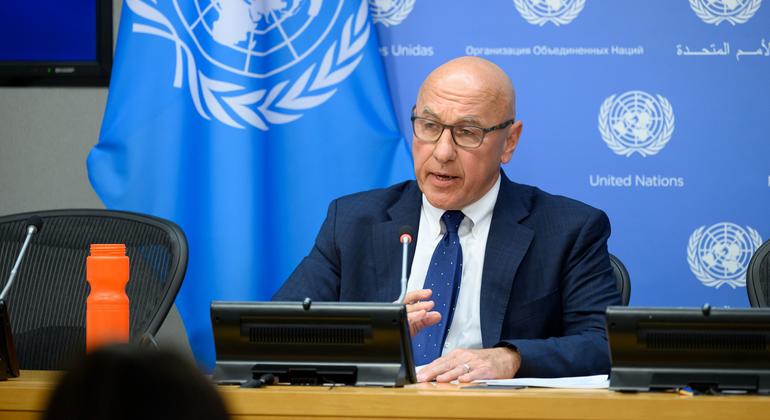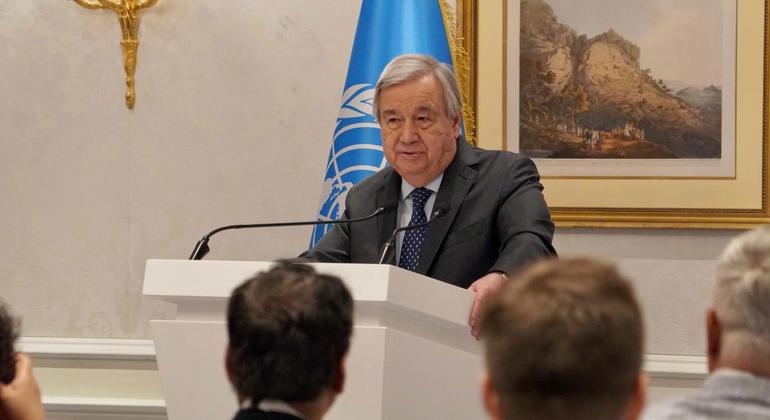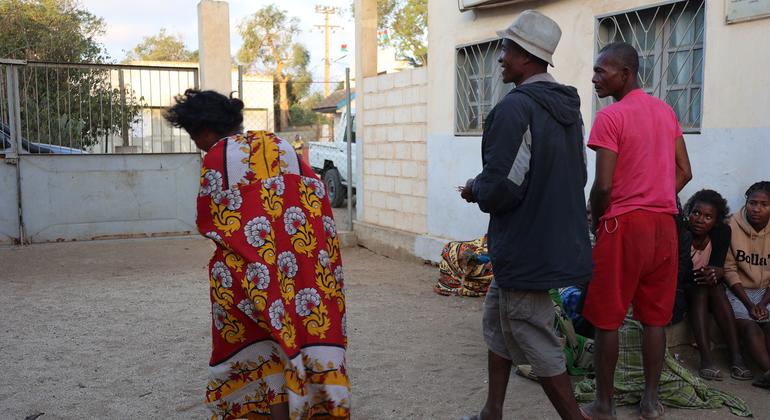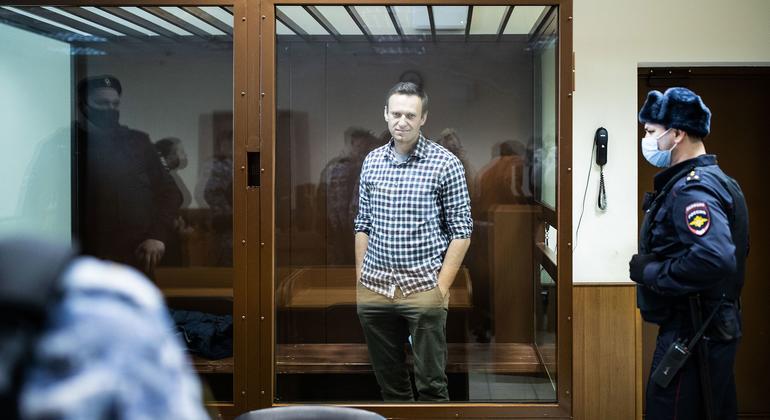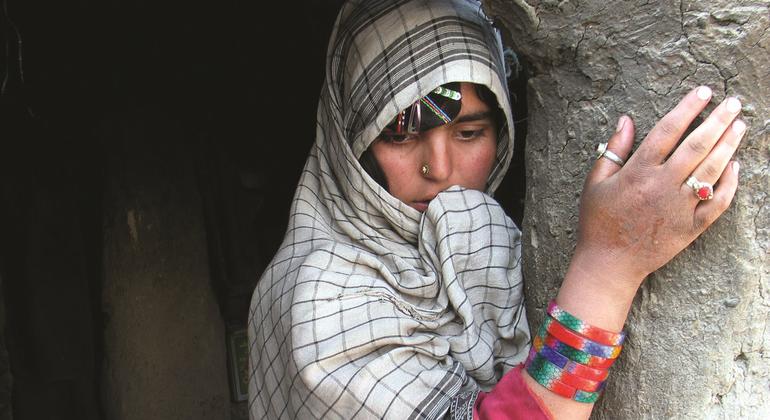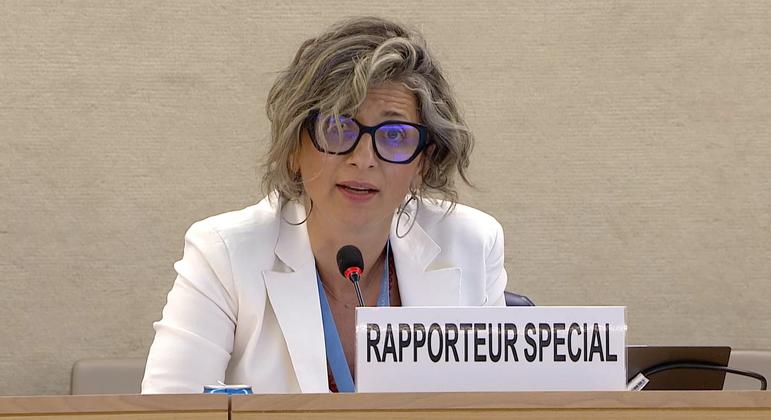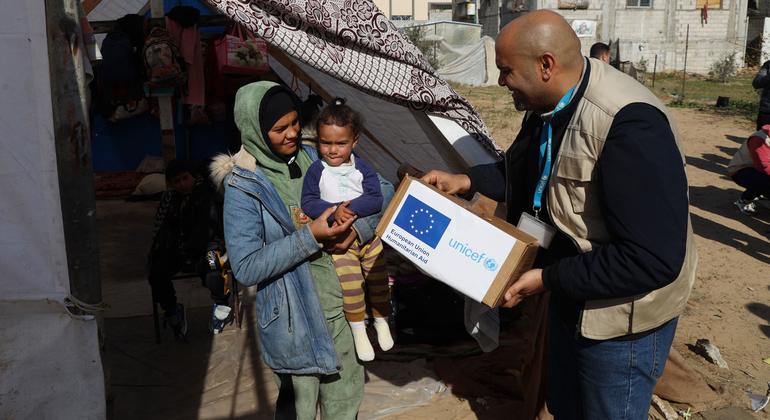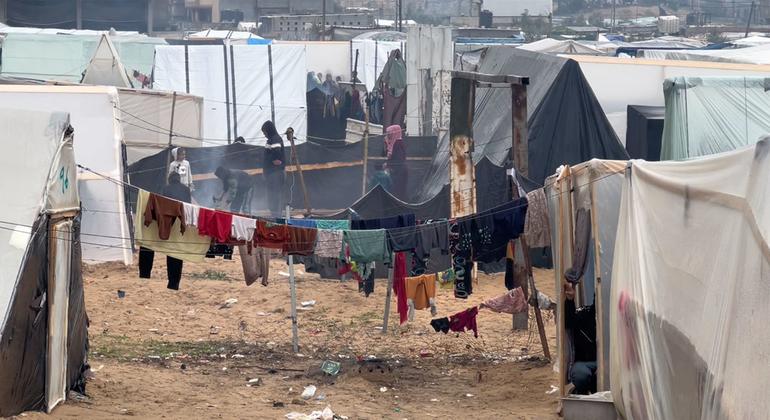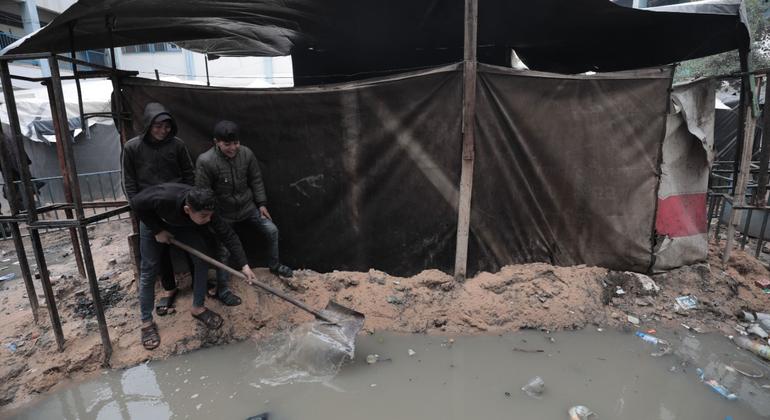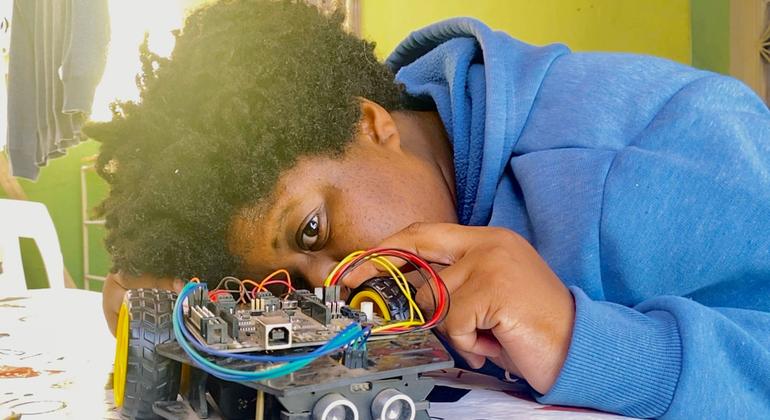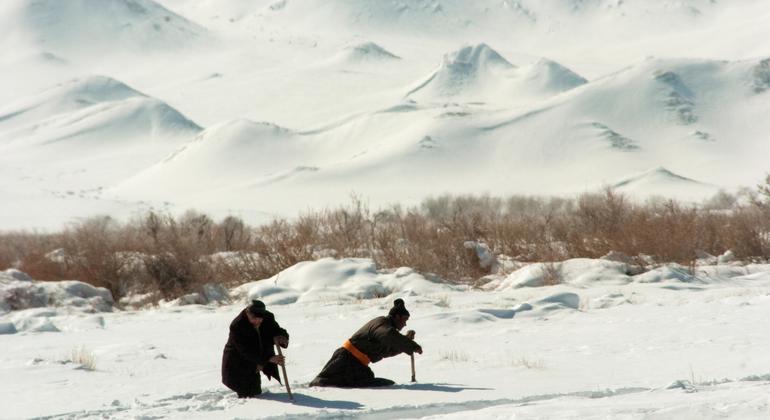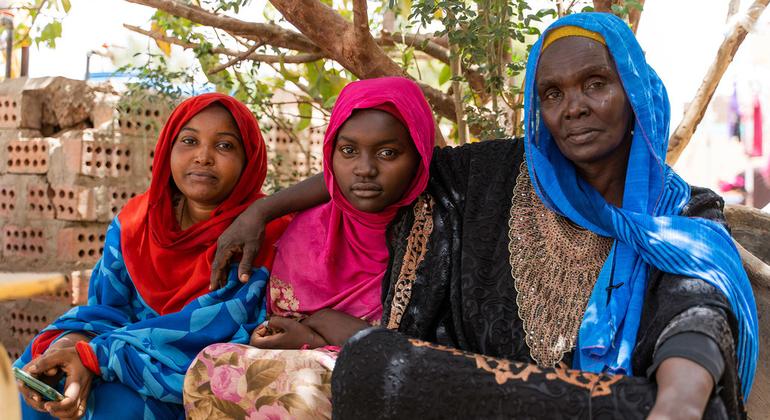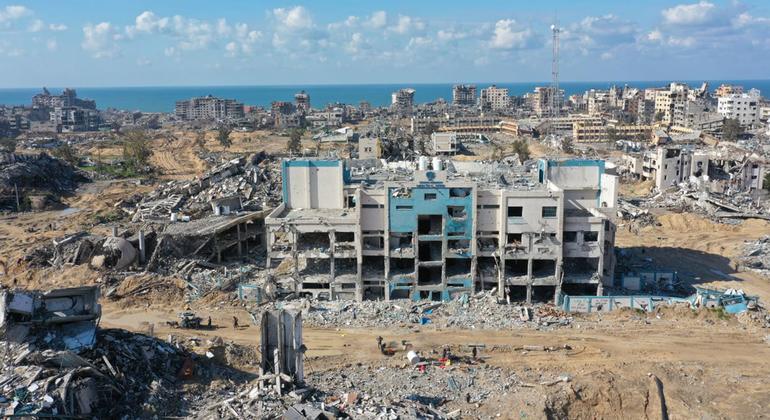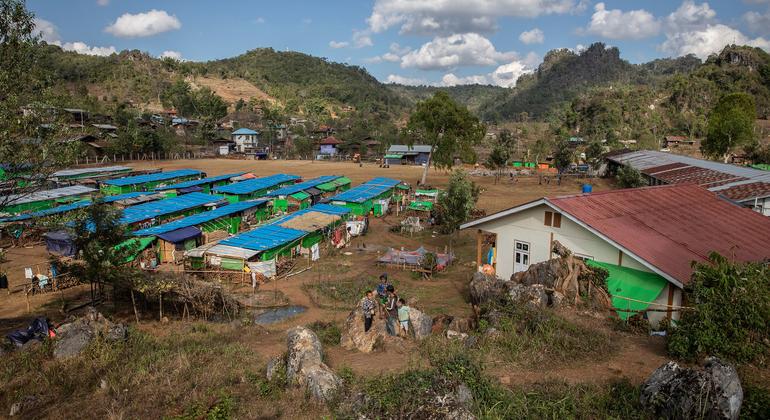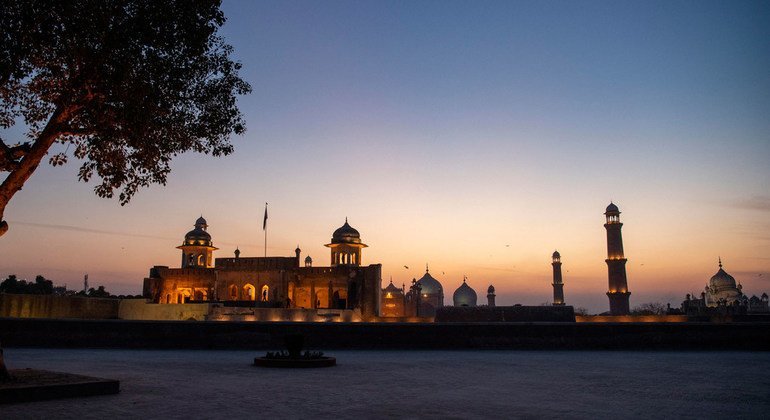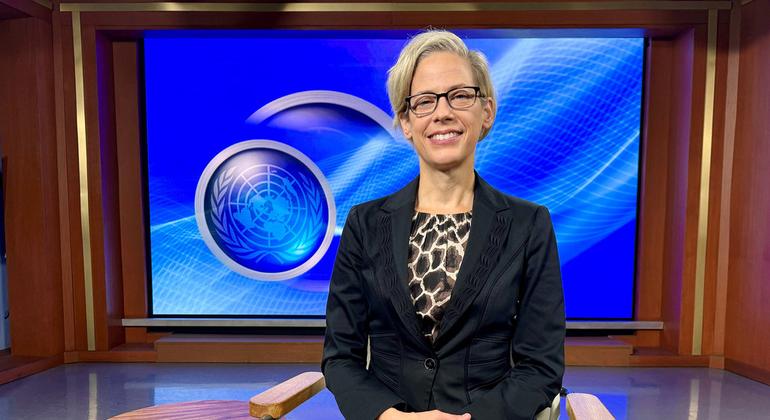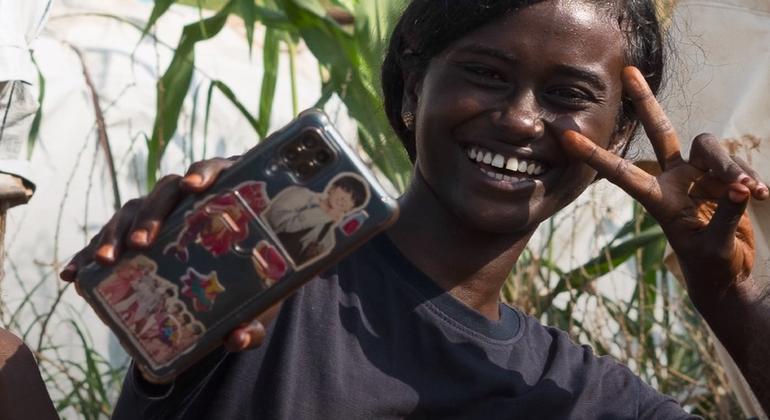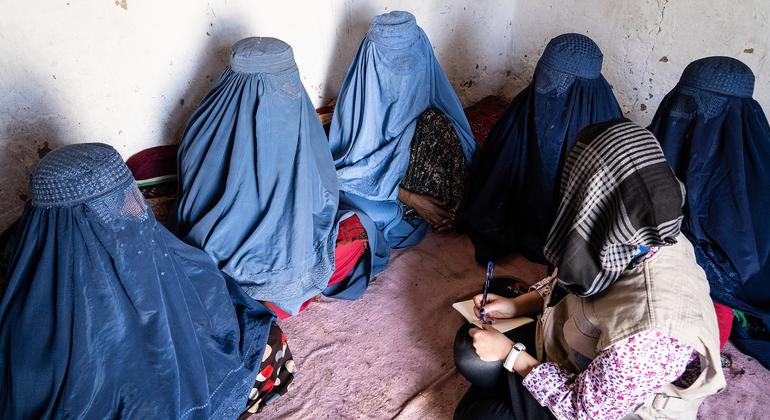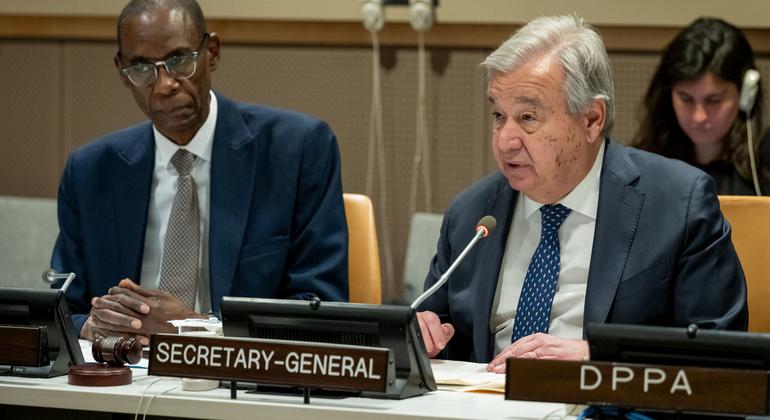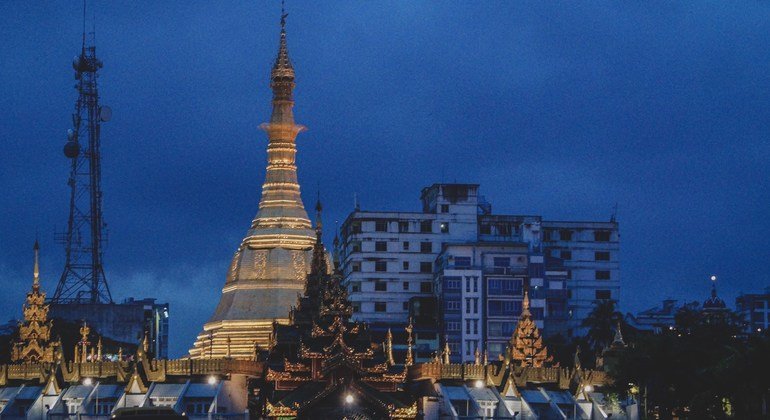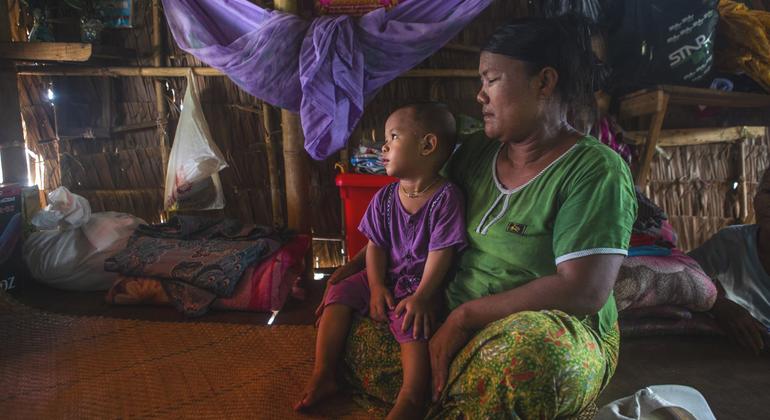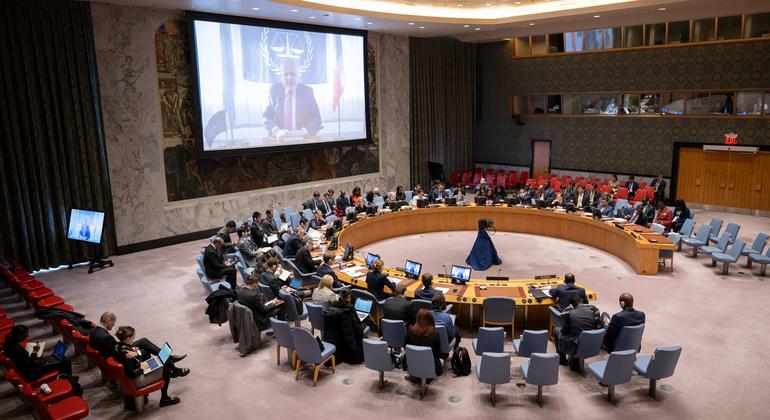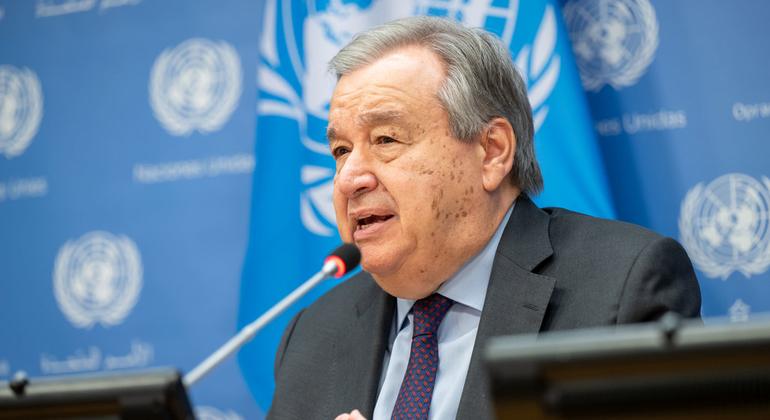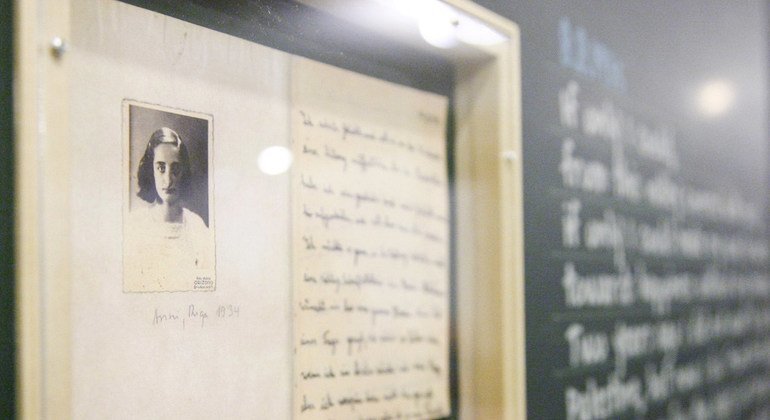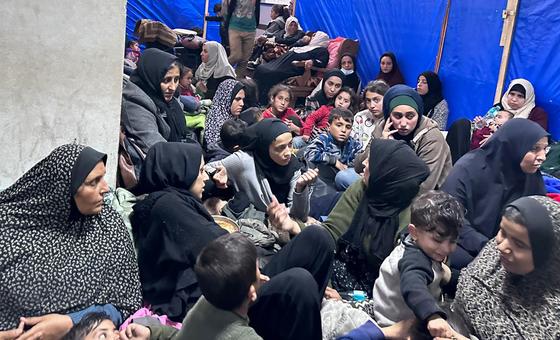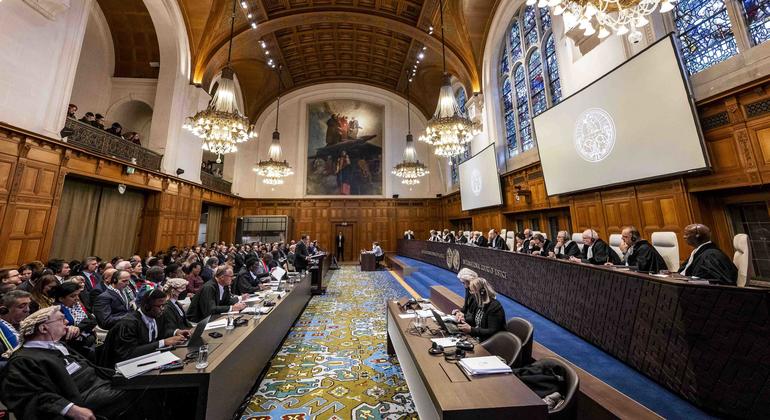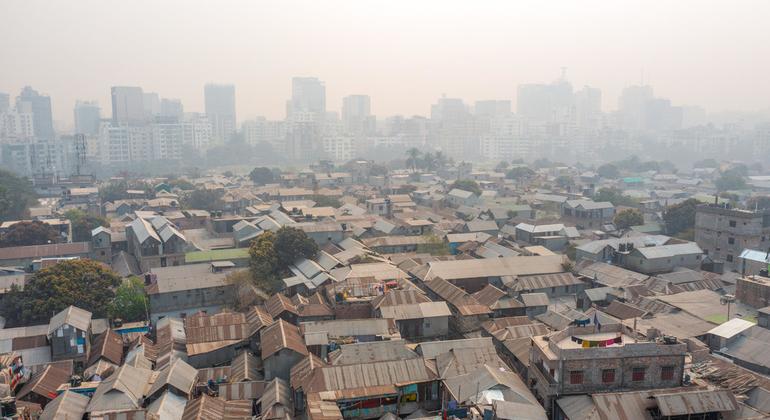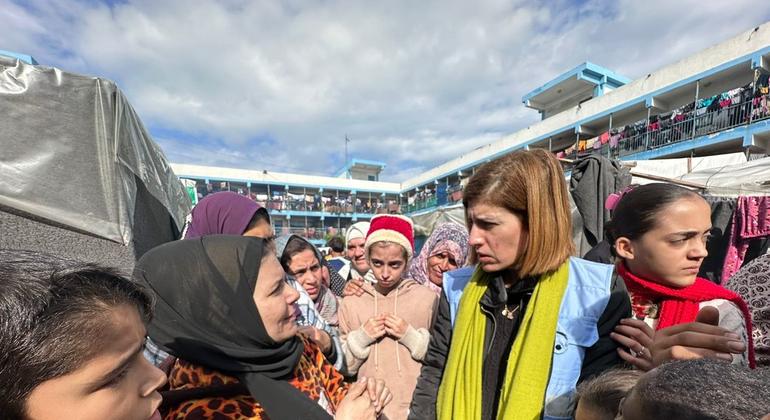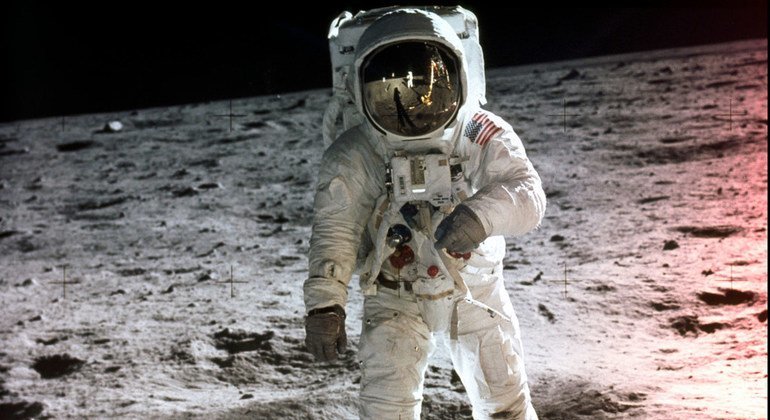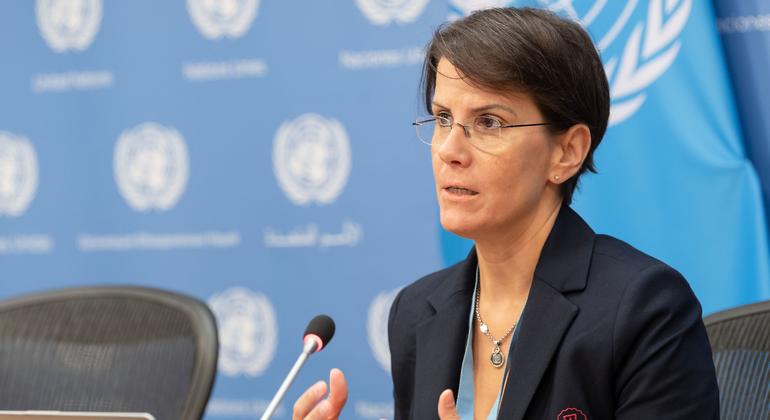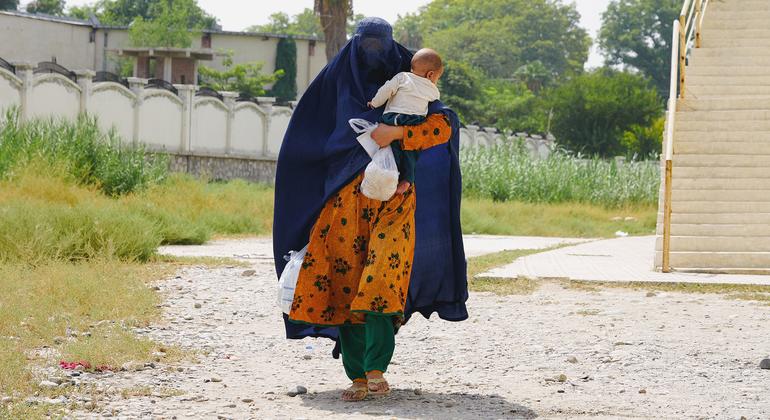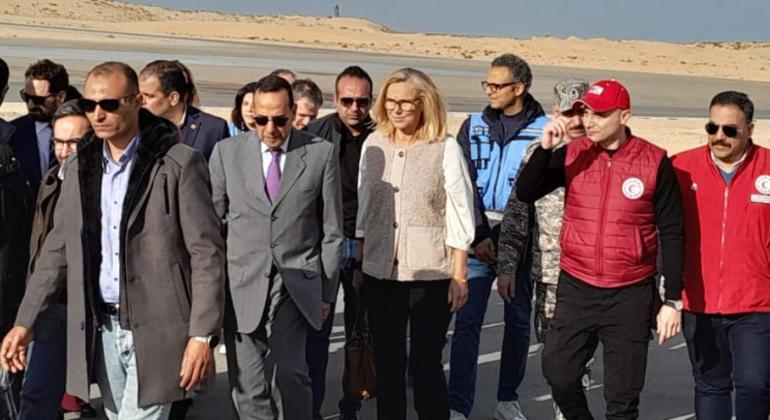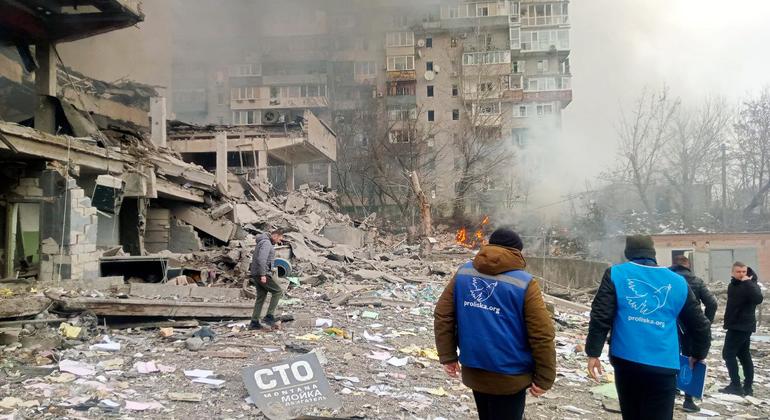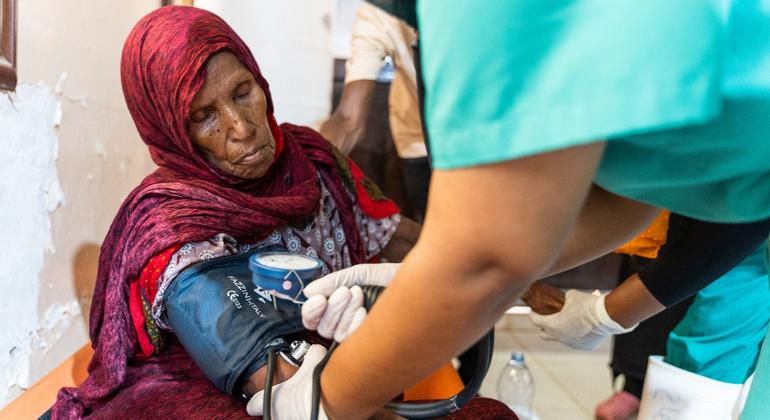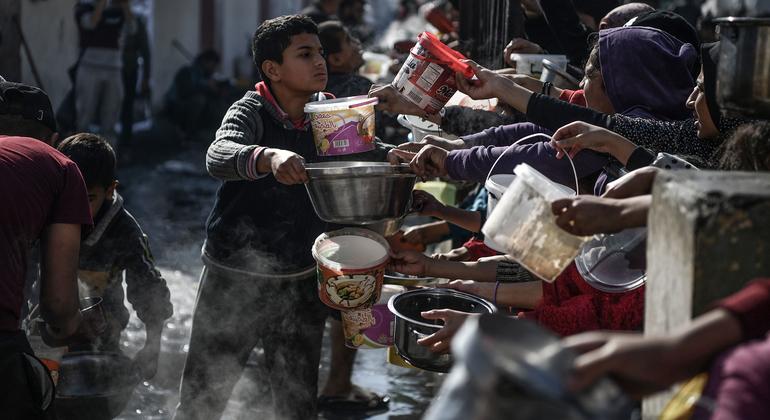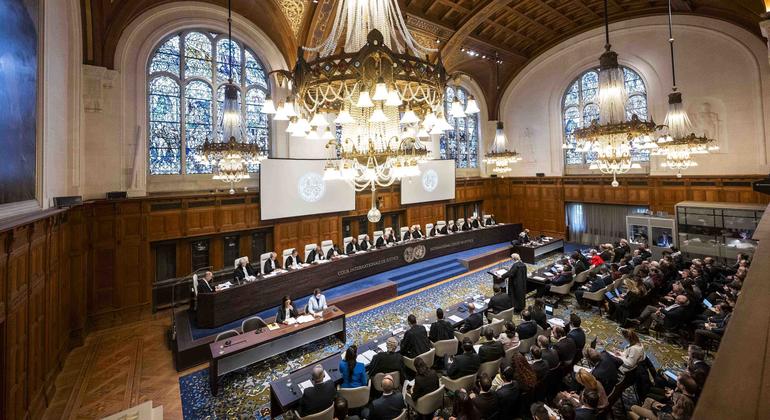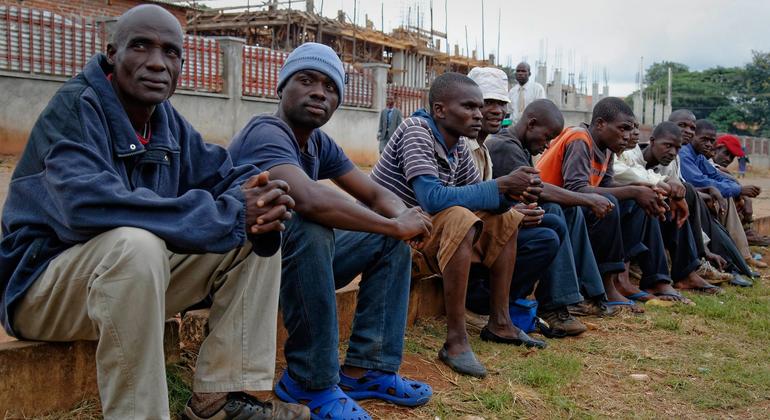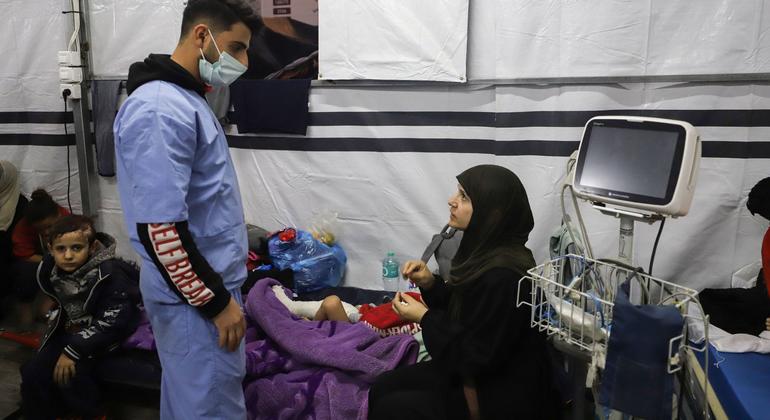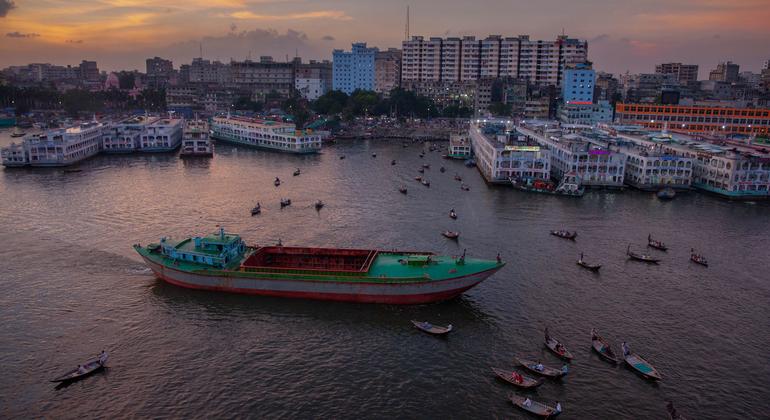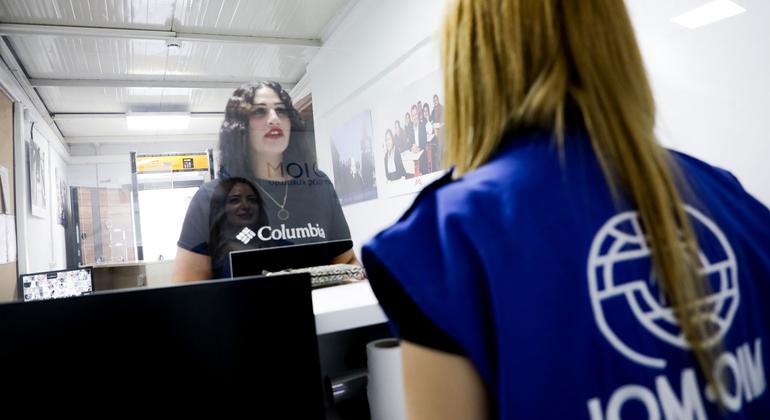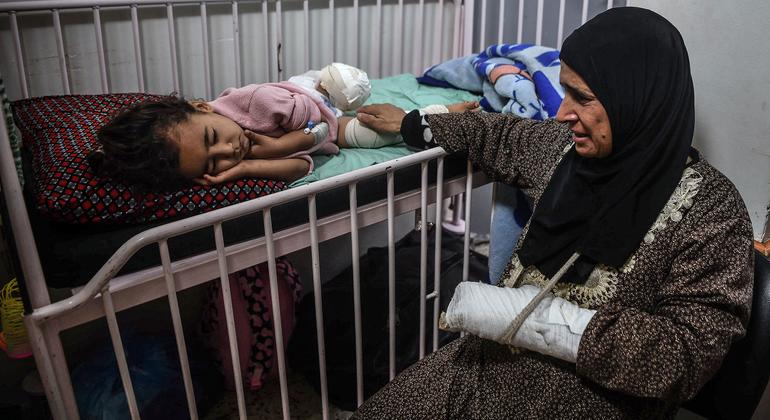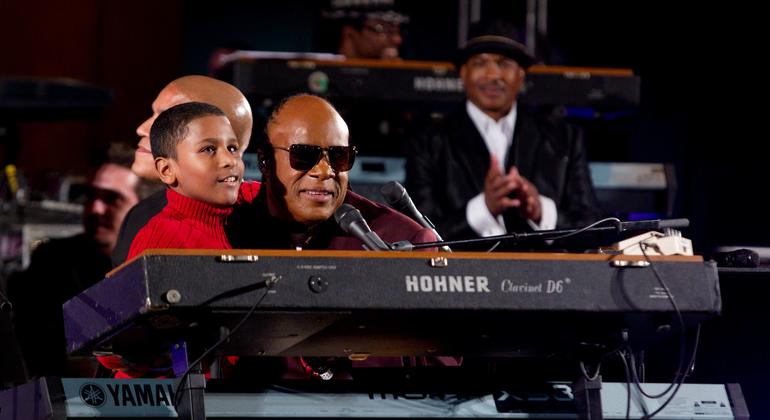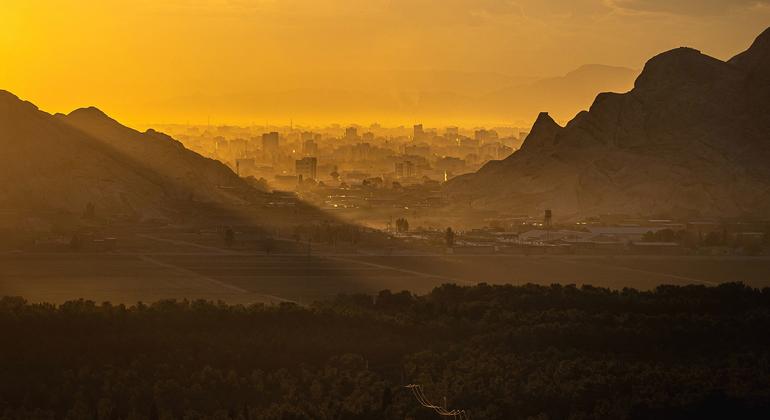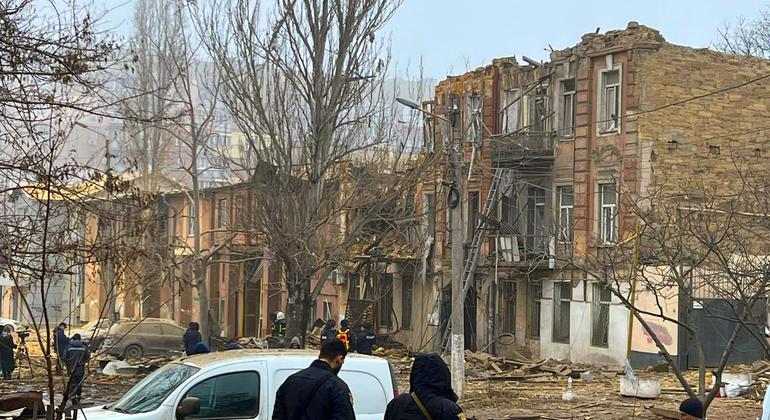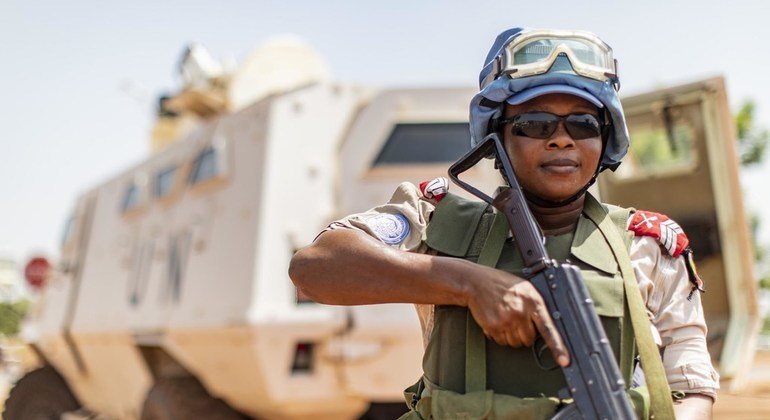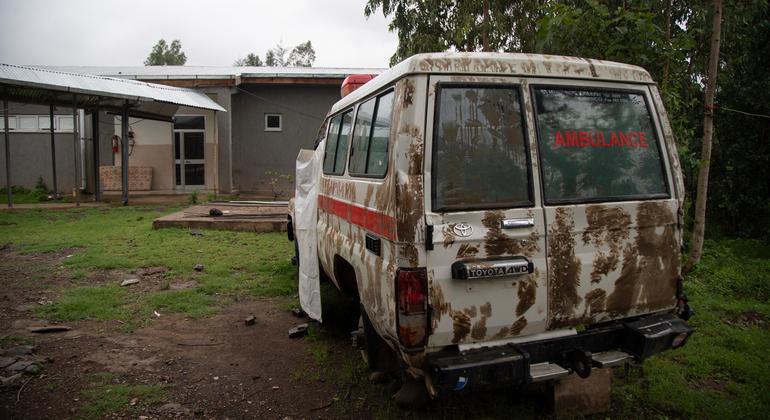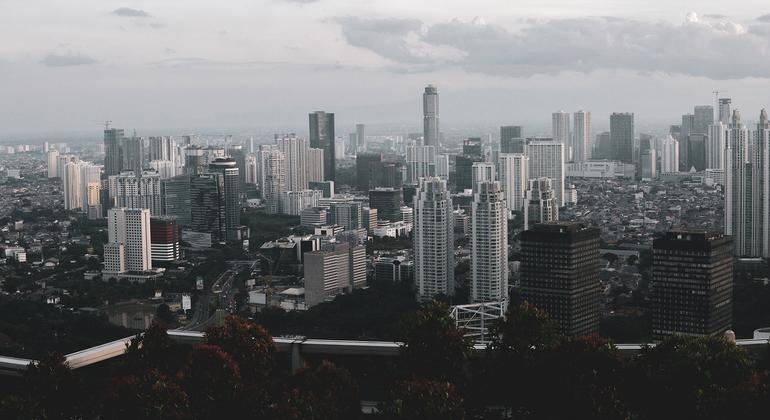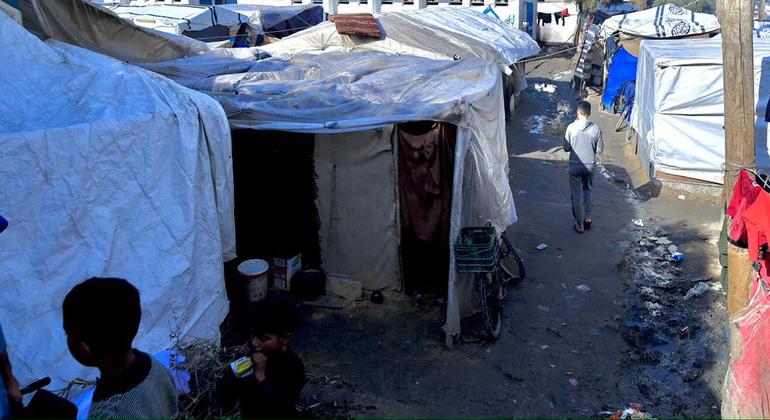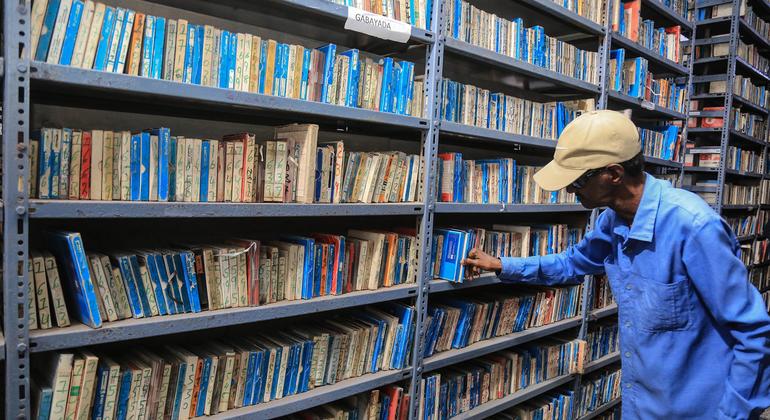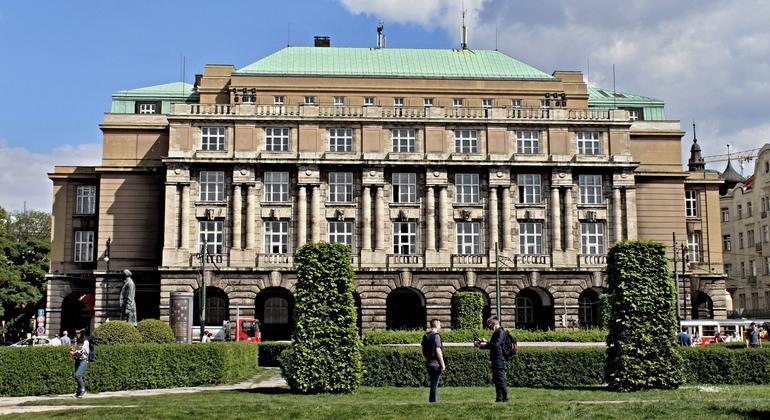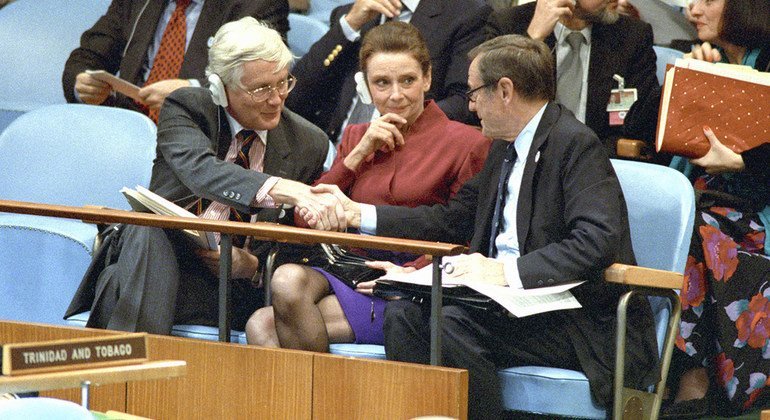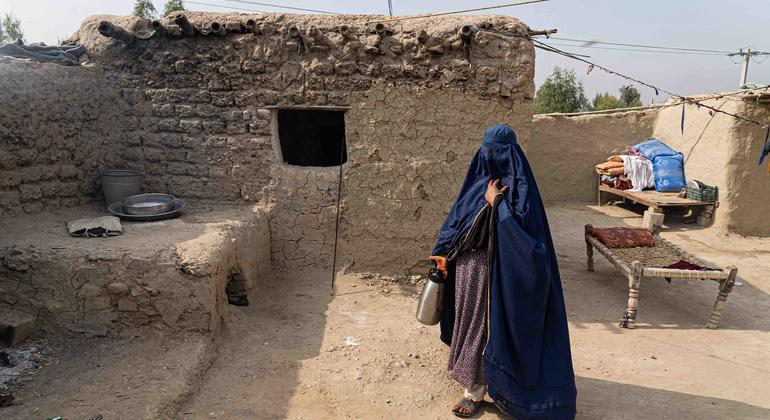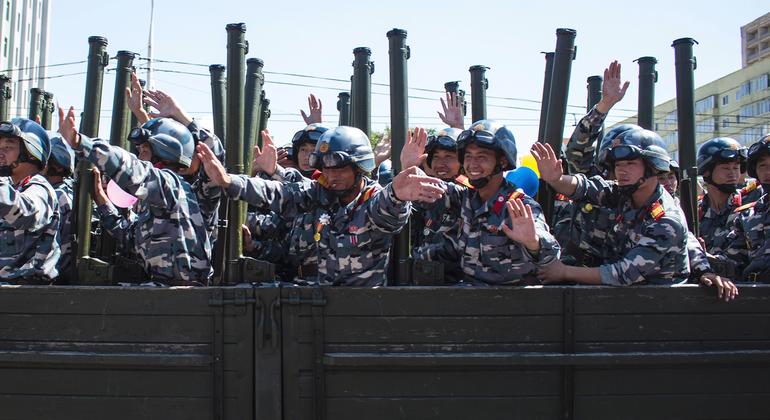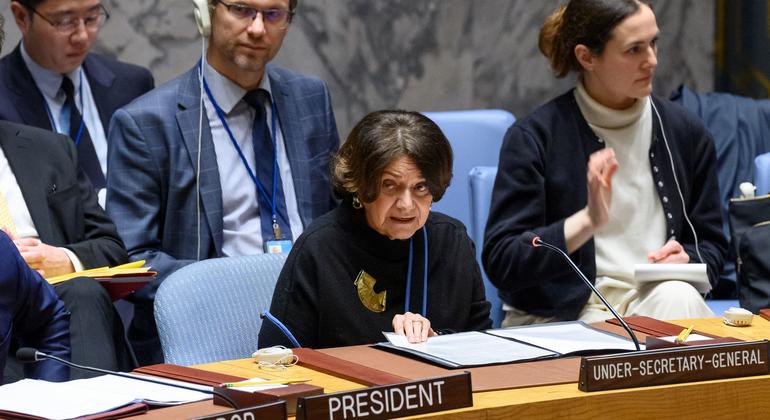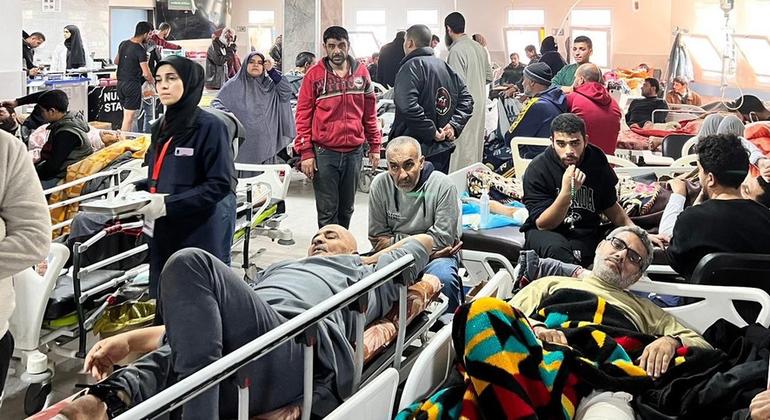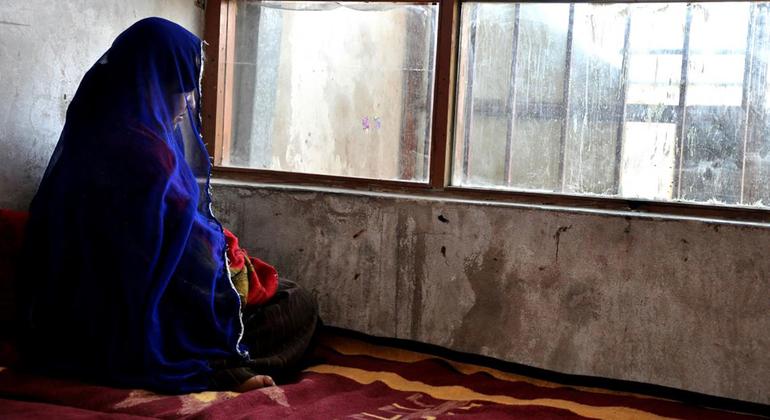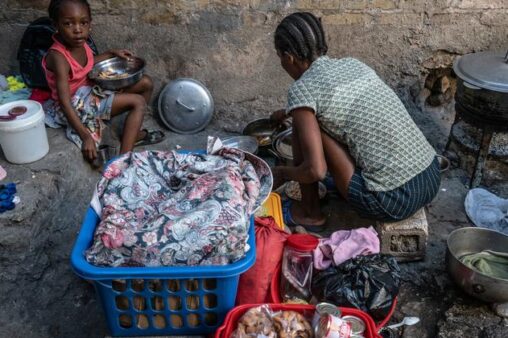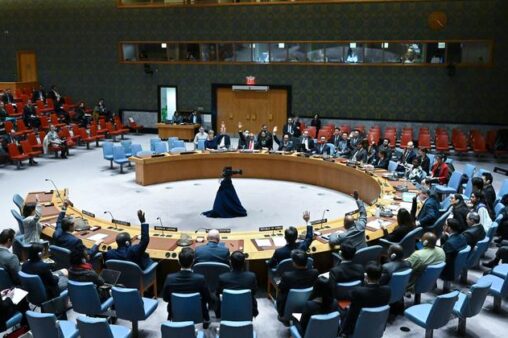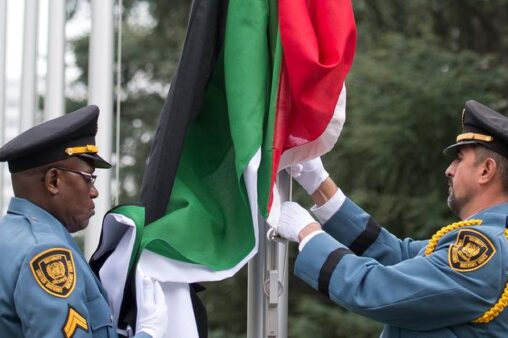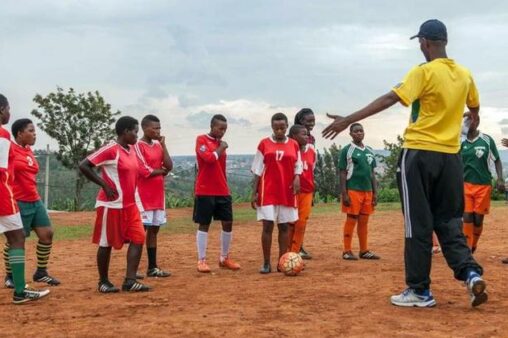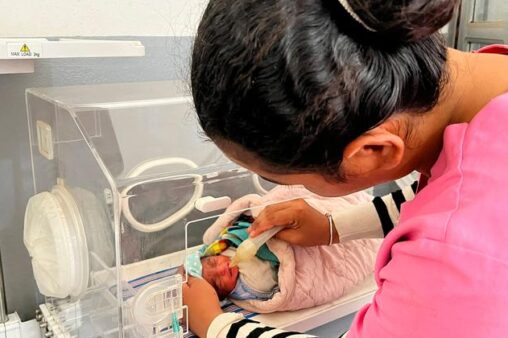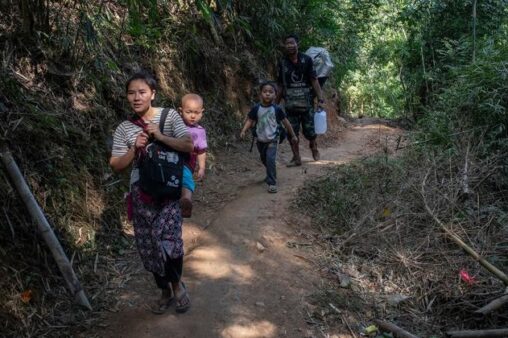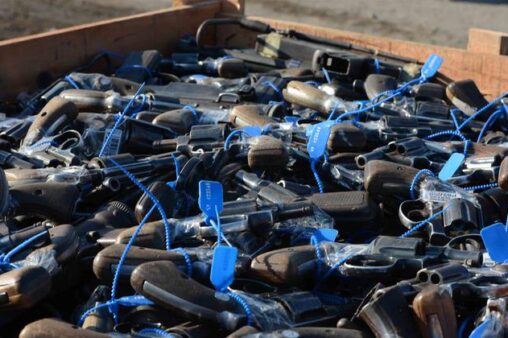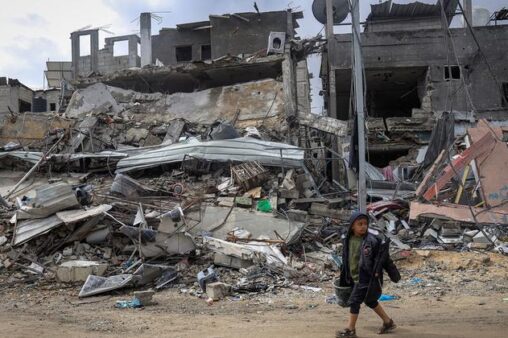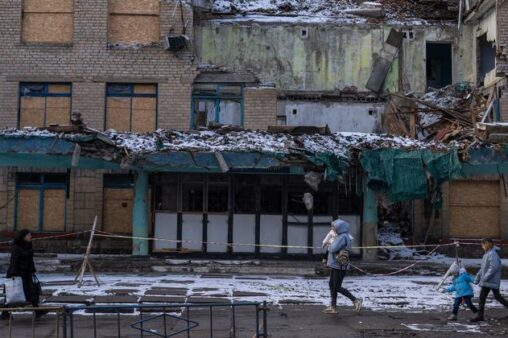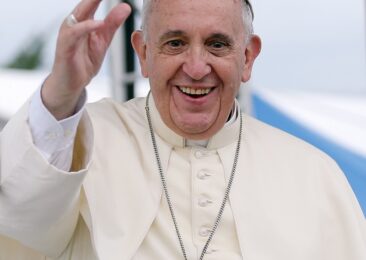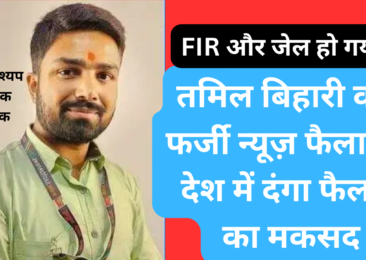Gaza: South Africa levels accusations of ‘genocidal conduct’ against Israel at world court
![]()
The development came amid the ongoing and massive Israeli bombardment across the Gaza Strip in response to Hamas-led terror attacks on 7 October that left some 1,200 Israeli and foreign nationals dead in southern Israel and some 250 taken hostage.
Laying out their case, the South African legal team told the International Court of Justice (ICJ) in The Hague that Israel had demonstrated a “pattern of genocidal conduct” since launching its full-scale war in Gaza, the 365 square kilometre strip of land it has occupied since 1967.
“This killing is nothing short of destruction of Palestinian life. It is inflicted deliberately, no-one is spared, not even newborn babies,” the court heard.
Unprecedented violence
Israel’s actions had subjected the 2.3 million people of Gaza to an unprecedented level of attacks from the air, land and sea, resulting in the deaths of thousands of civilians and the destruction of homes and essential public infrastructure, insisted Adila Hassim.
Israel had also prevented sufficient humanitarian aid from reaching those in need and created the risk of death by starvation and disease because of the impossibility of providing assistance “while bombs fall”, the South Africa lawyer alleged.
“Palestinians in Gaza are subject to relentless bombing wherever they go,” Ms. Hassim told the court, adding that so many people had been killed that they were often buried unidentified in mass graves. An additional 60,000 Palestinians had been wounded and maimed, she noted.
“They are killed in their homes, in places where they seek shelter, in hospitals, in schools, in mosques, in churches, and as they tried to find food and water for their families. They have been killed if they have failed to evacuate the places to which they have fled and even if they attempted to flee along Israeli-declared safe routes.”
As part of its claim against Israel, South Africa alleges that 6,000 bombs hit Gaza in the first week of the Israeli response to the Hamas-led attacks. This included the use of 2,000-pound bombs at least 200 times “in southern areas of the Strip that were designated as safe”, and in the north, where refugee camps were located, Ms. Hassim said.
These weapons were “some of the biggest and most destructive bombs available”, she maintained, adding that genocides “are never declared in advance, but this court has the benefit of the past 13 weeks of evidence that shows incontrovertibly a pattern of conduct and related intention that justifies a plausible claim of genocidal acts”.
Convention’s obligations
It was because of these actions that Israel had contravened the Genocide Convention, the ICJ judges later heard, in reference to the global treaty inked by Members of the United Nations after the Second World War to prevent crimes against humanity.
The Convention was “dedicated to saving humanity”, insisted John Dugard, also representing South Africa, and all countries that had signed up to the Convention “are obliged not only to desist from genocidal acts but also to prevent them”, he maintained.
The hearing continues on Friday with the Israeli presentation.
Rights chief Türk rejects ‘blood libel’
In a related development, the UN’s top human rights official has defended criticism of the invasion of Gaza, saying that it is “not antisemitic” to call out “gross violations” of international humanitarian law.
Writing in the Israeli newspaper Haaretz on Wednesday, Volker Türk once again strongly condemned “the shocking cruelty of the attack launched from Gaza by Hamas and other armed groups on October 7”.
The massacres that ensued created “intense and continuing trauma” across Israel”, the UN rights chief continued, before insisting that the country’s “campaign of overwhelming force” had been “tainted by grave breaches of international law”.
Rocket fire from Gaza into Israel has also continued, Mr. Türk noted, before expressing regret that some Israeli officials had tried to discredit his Office’s concerns by claiming that they constitute “blood libel”.
“It is not a blood libel to deplore the failure to hold to account Israeli soldiers and armed settlers who have killed hundreds of Palestinians in the West Bank since October 7, or the prolongation of a war whose conduct has raised grave international humanitarian and human rights law concerns,” the UN rights chief stressed.
Diplomacy continues in New York
And diplomats at UN Headquarters in New York continue to seek more consensus over the Israel-Palestine crisis, passing a resolution in the Security Council Thursday night aimed at containing the spillover from the Gaza war.
Ambassadors demanded that Houthi rebels on the Red Sea coast of Yemen end their attacks on international shipping, which the rebels say are in support of Palestinians and Hamas militants.
And on Friday afternoon, a meeting of the Security Council is due to take place to discuss concerns over the potential forcible displacement of Palestinians from Gaza, at the request of new Council member, Algeria.


